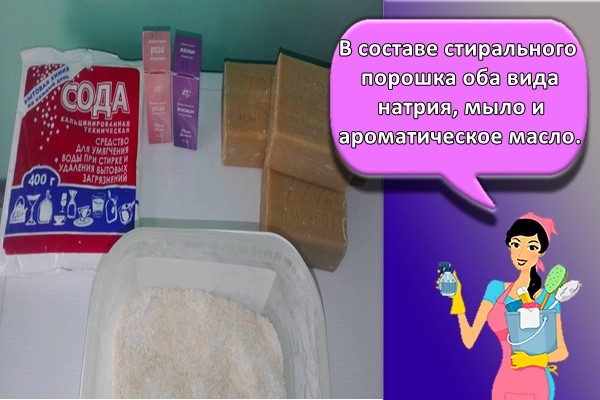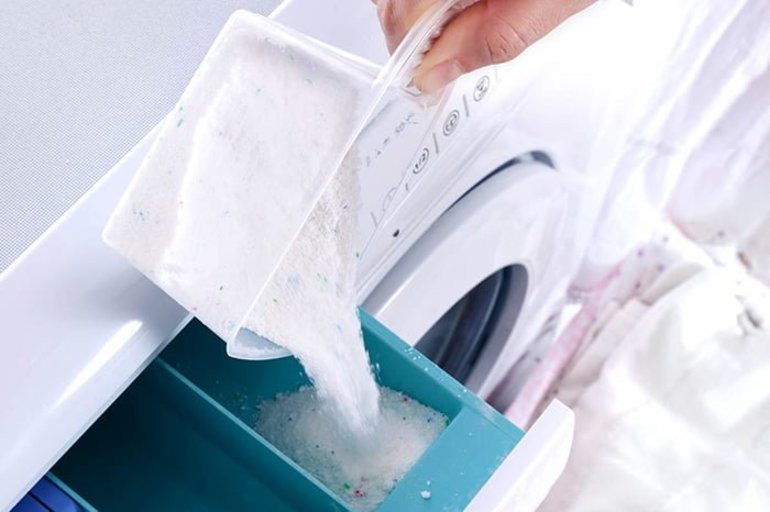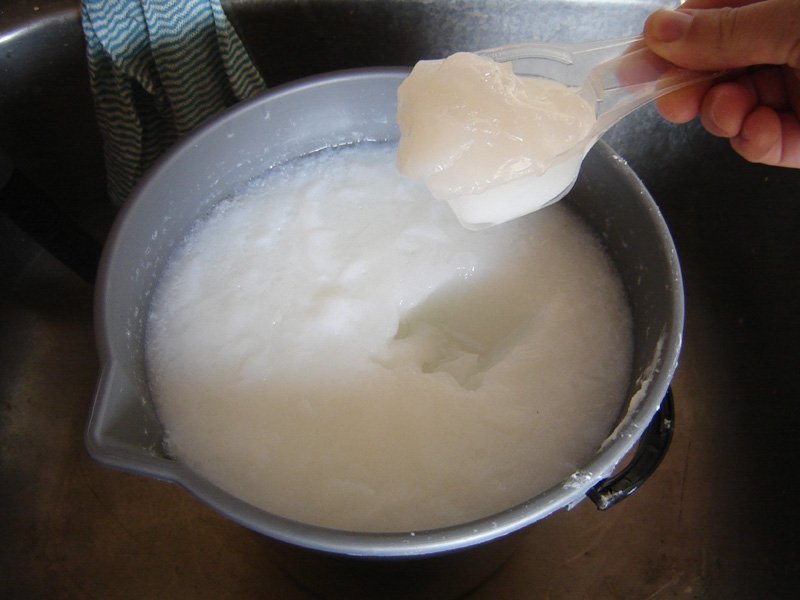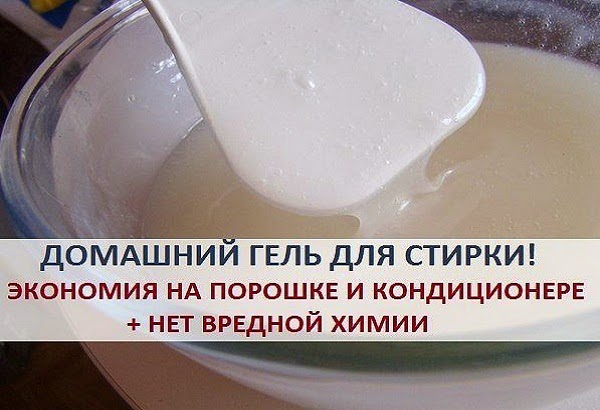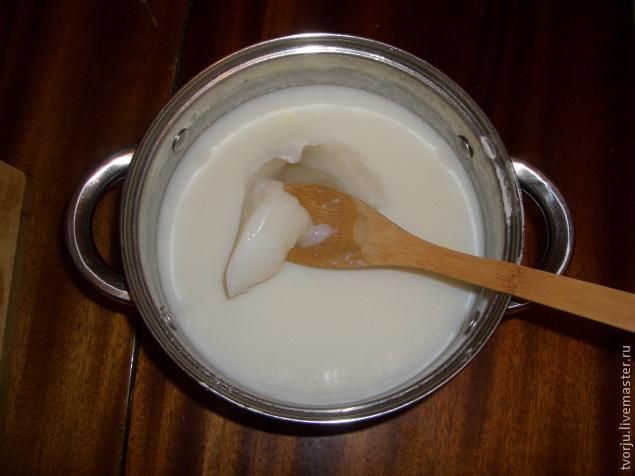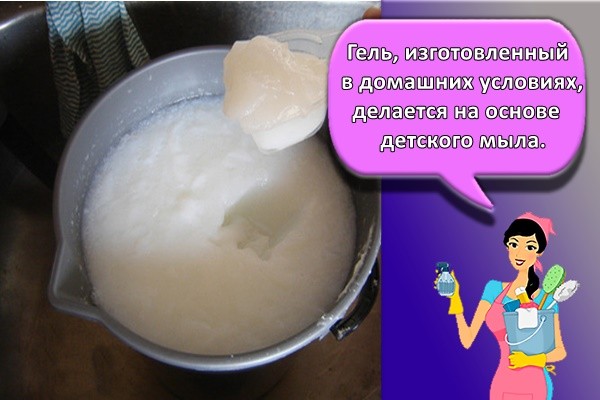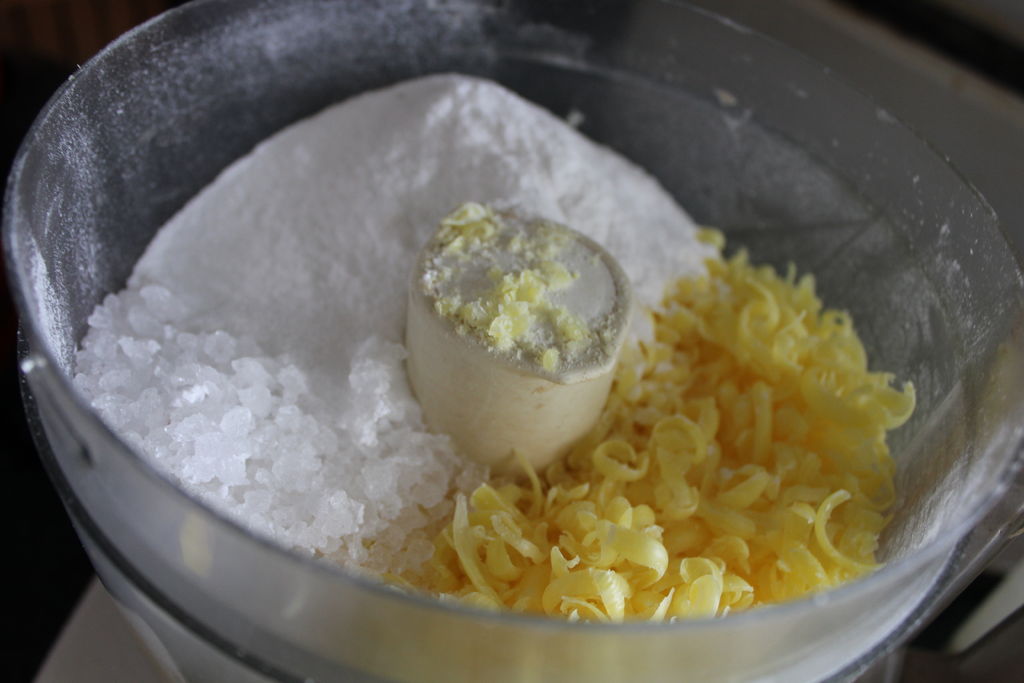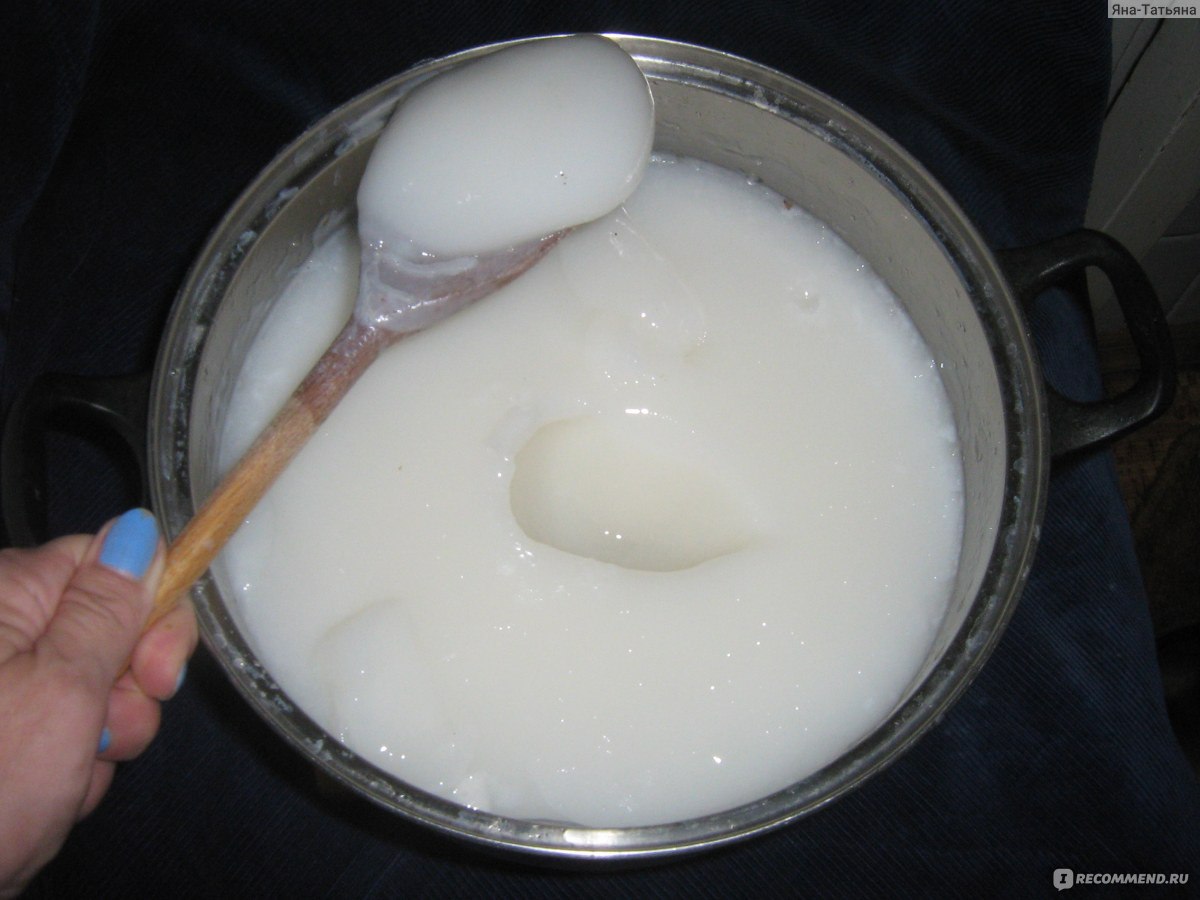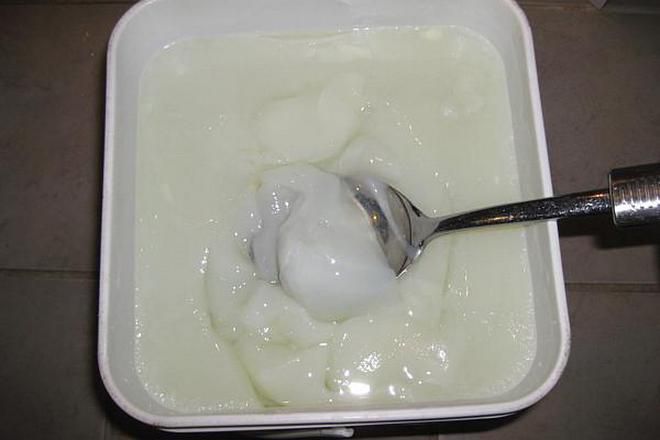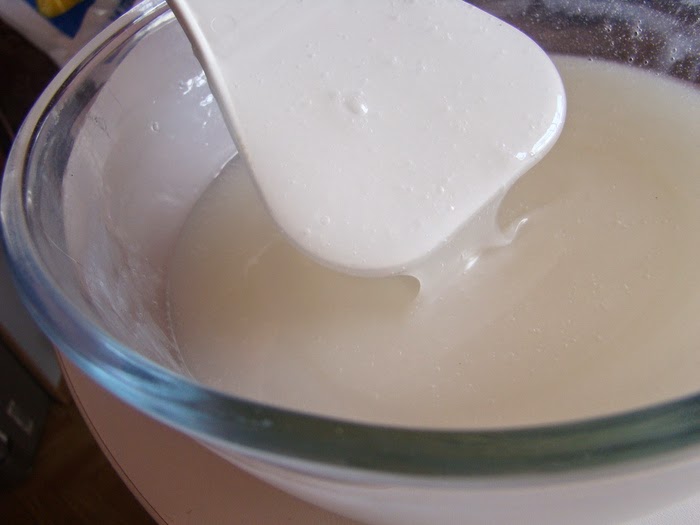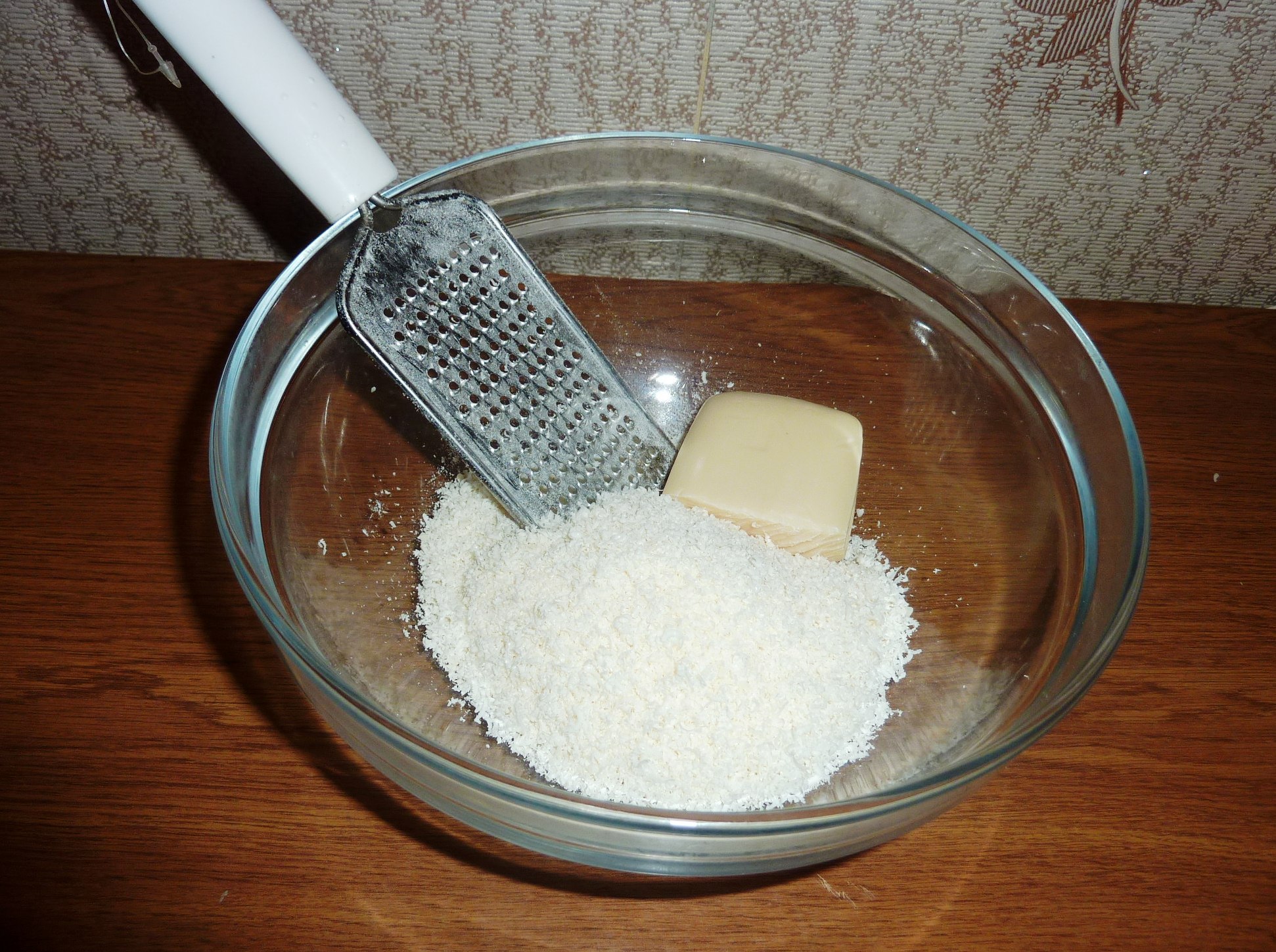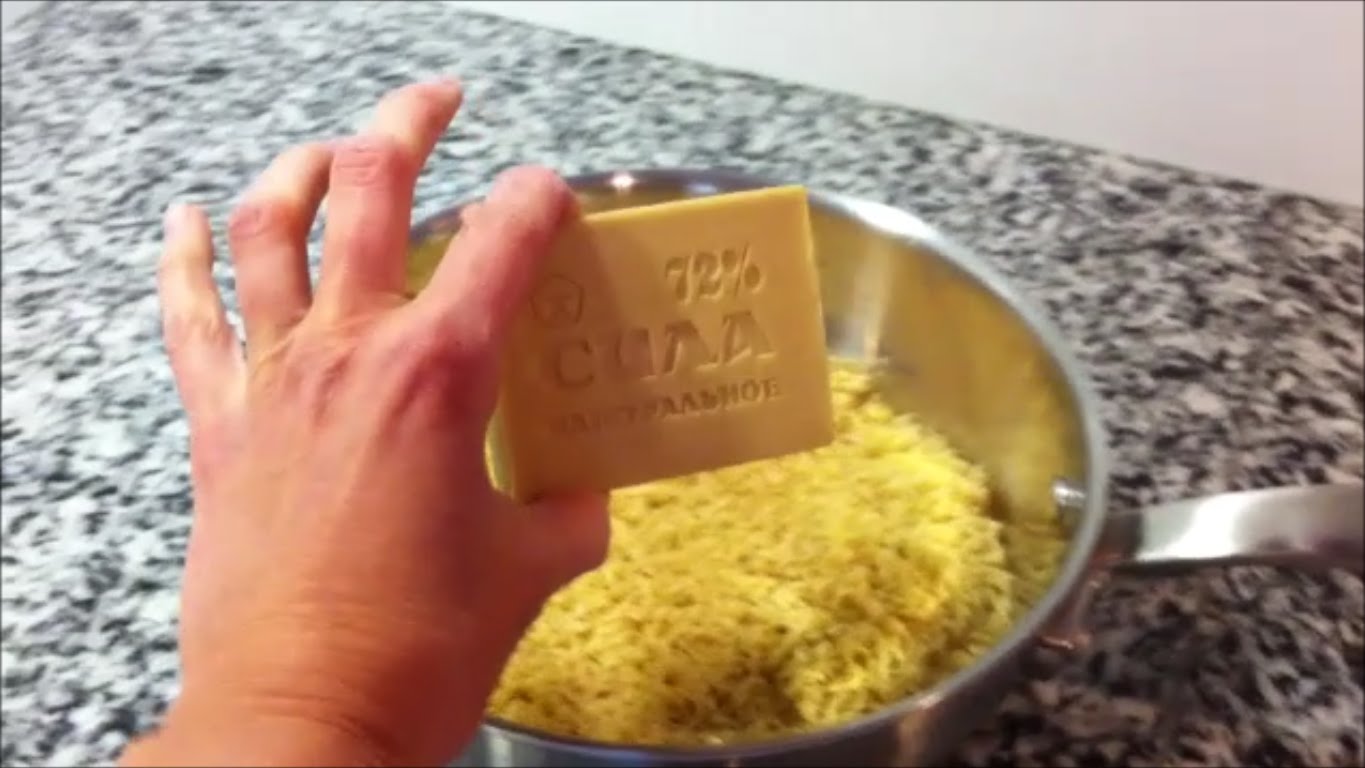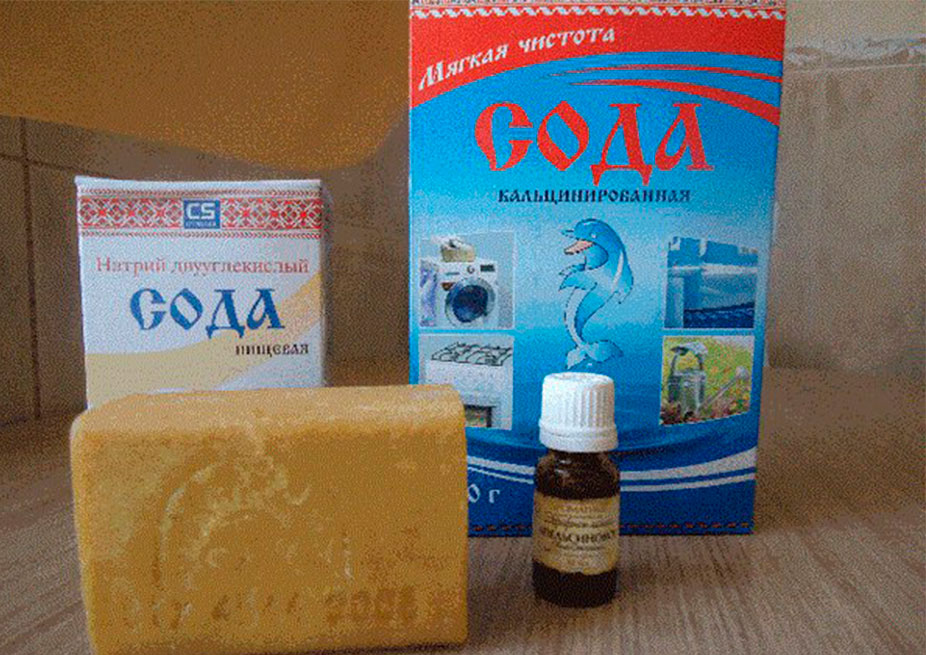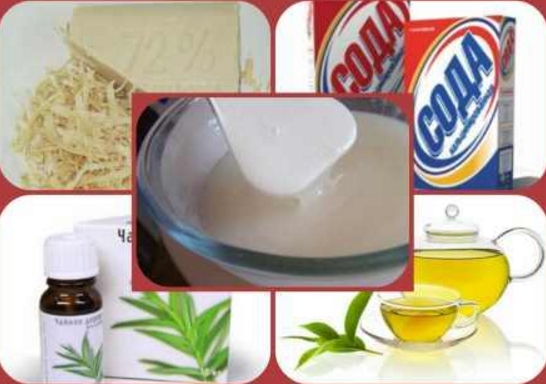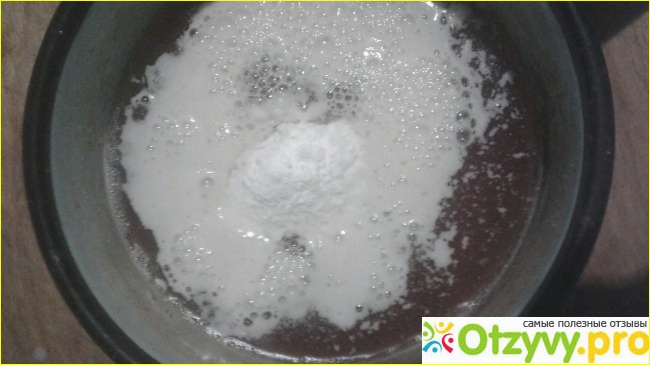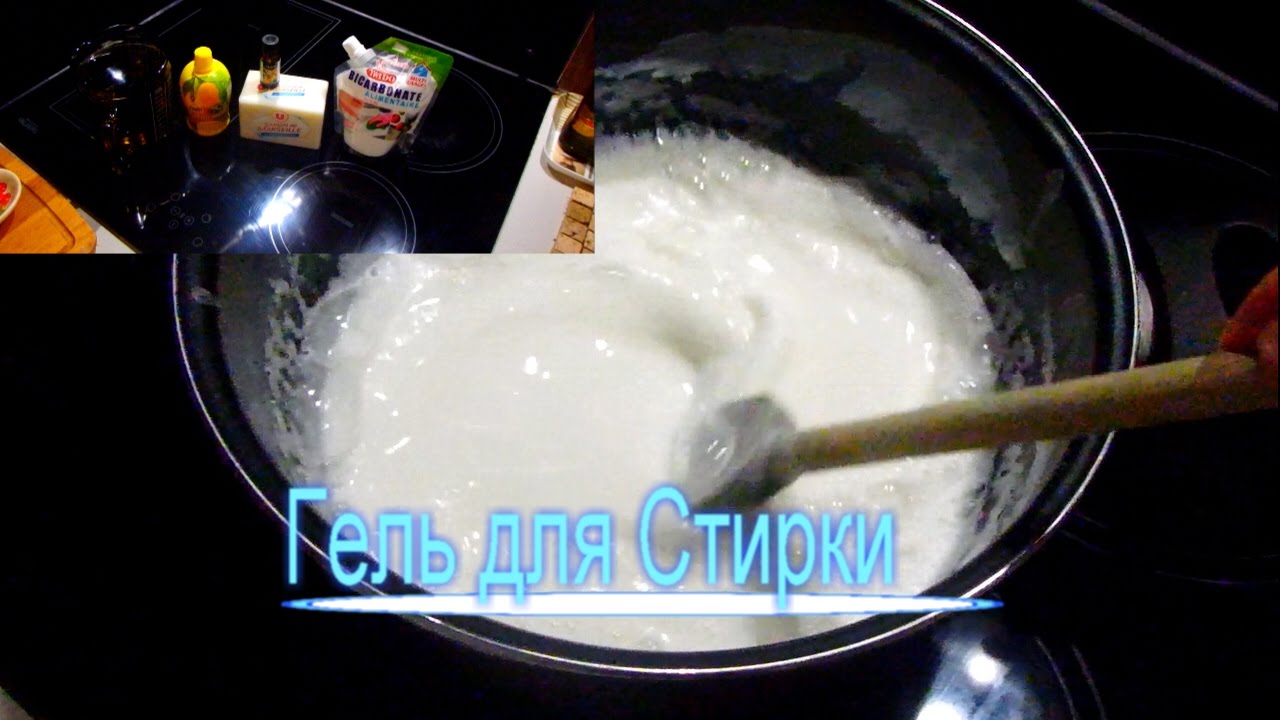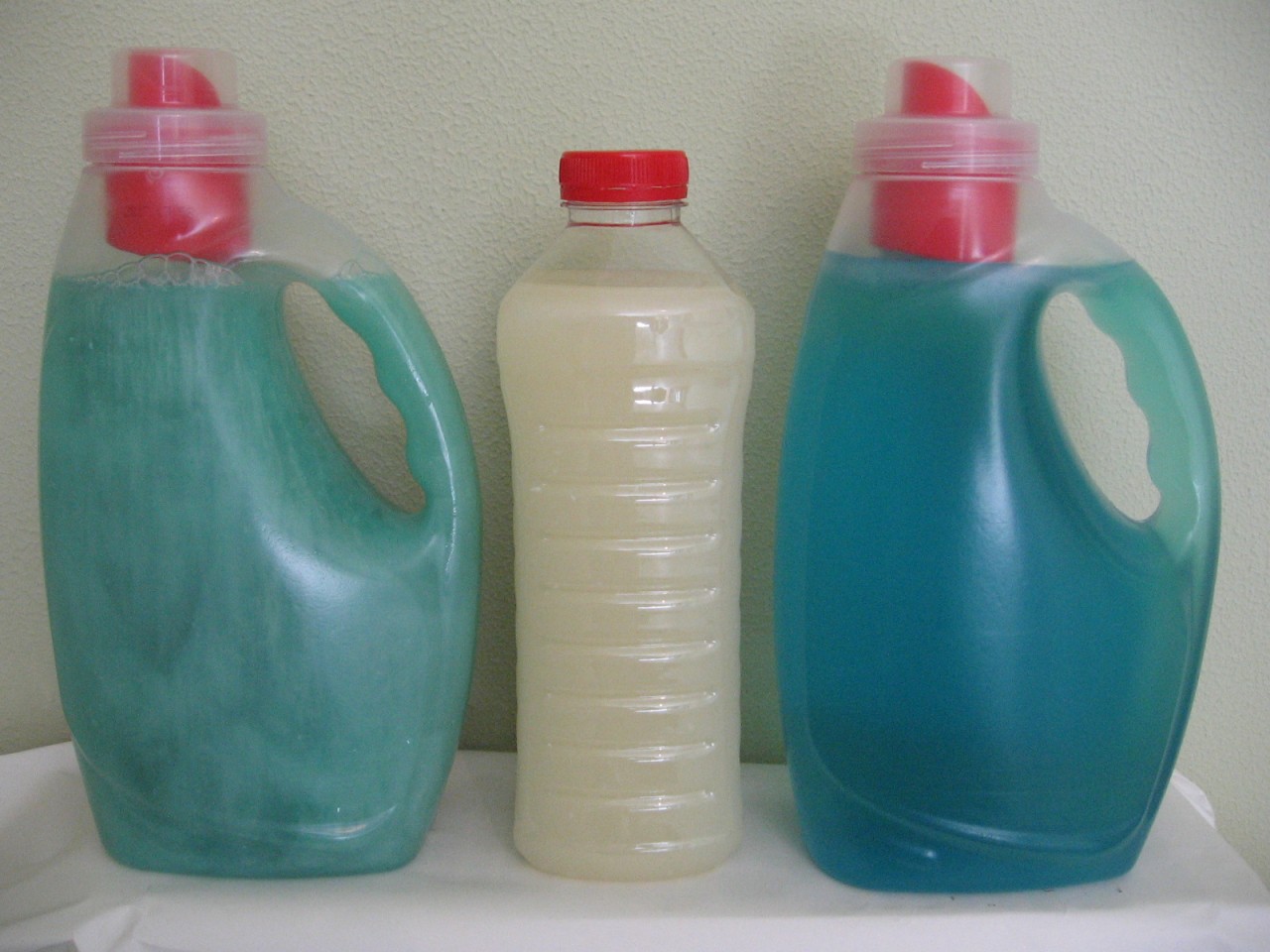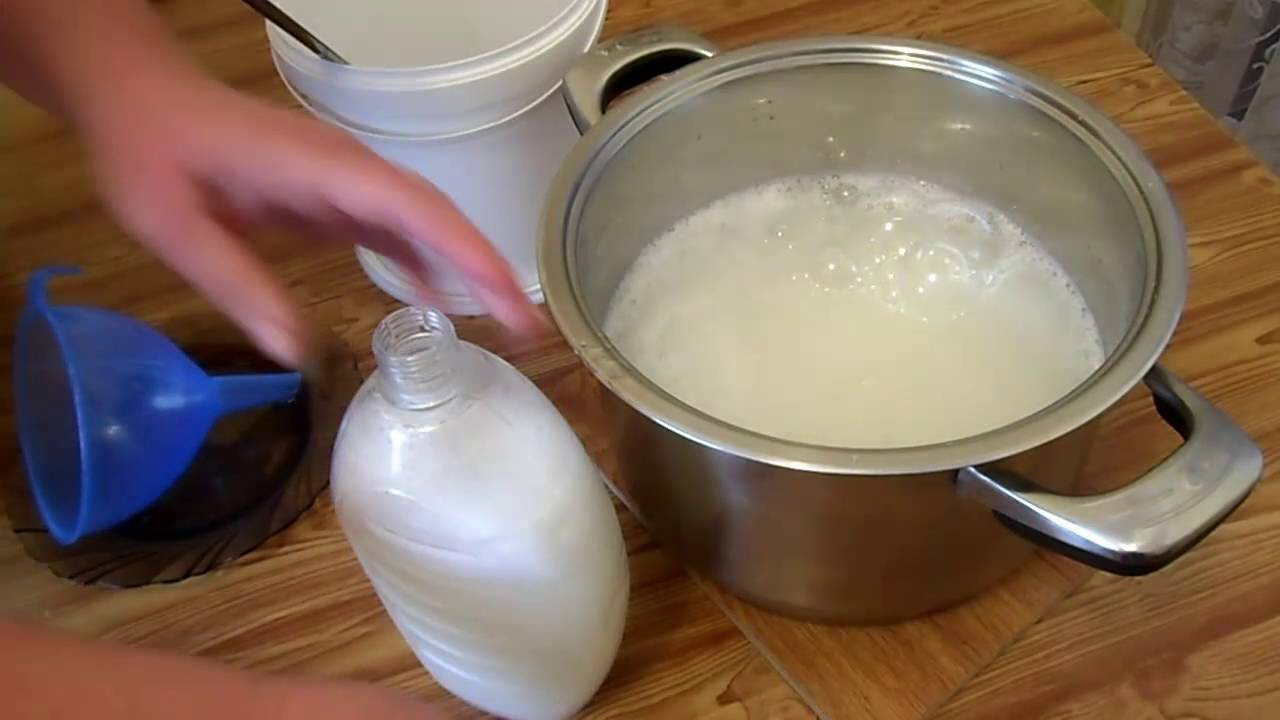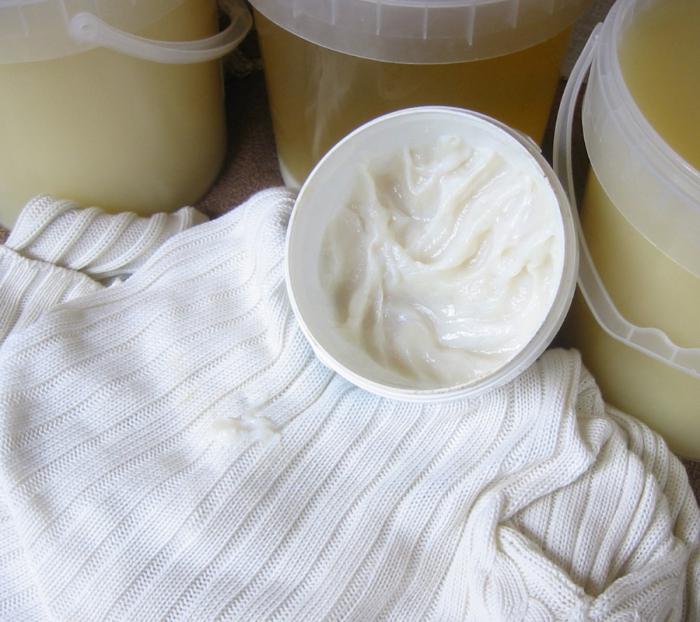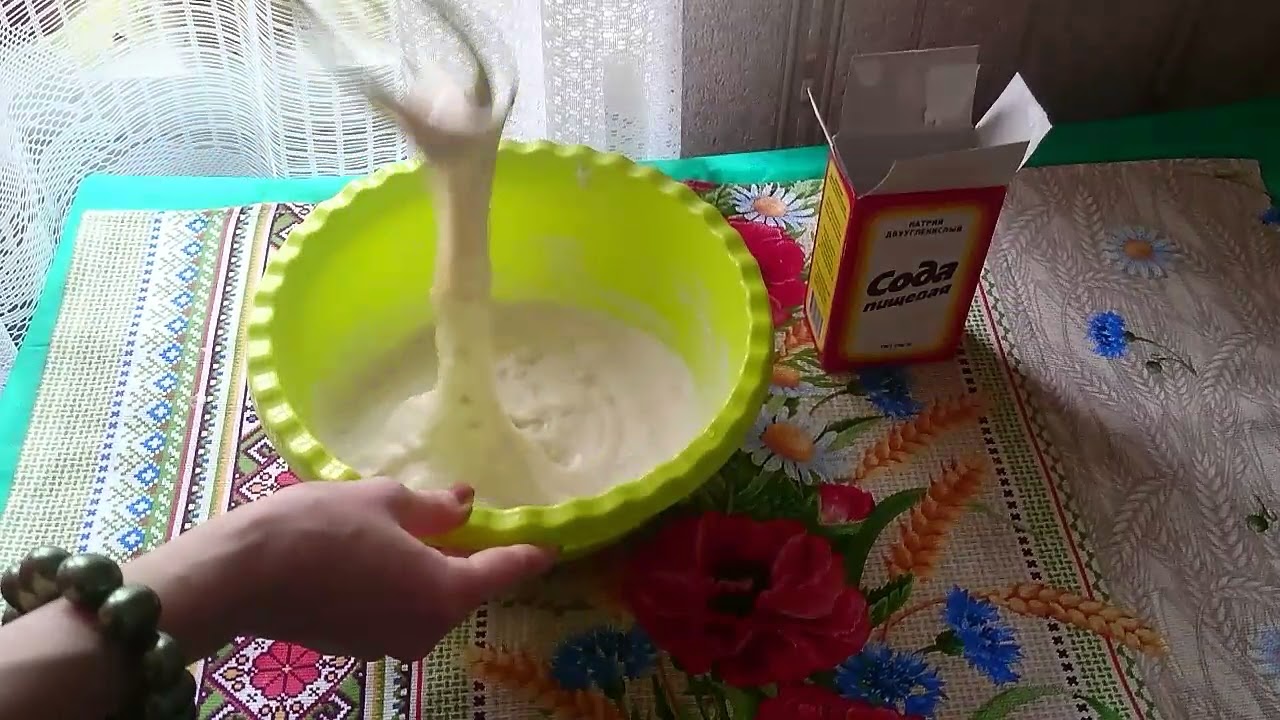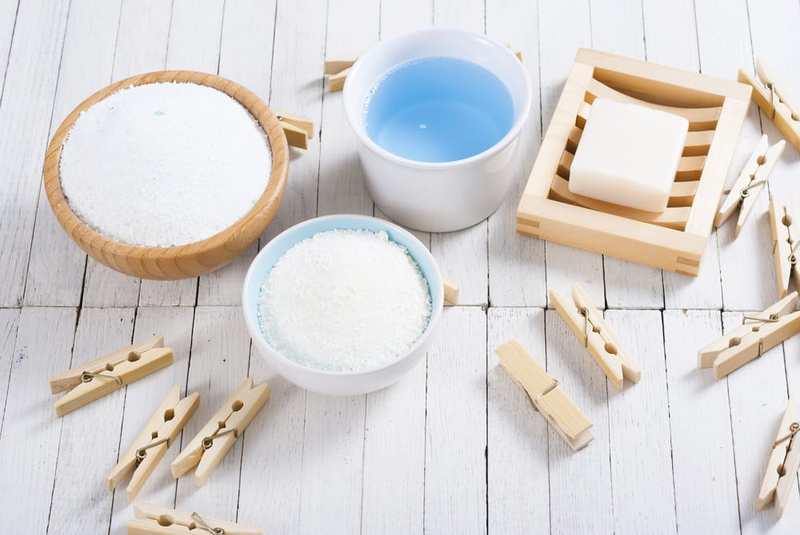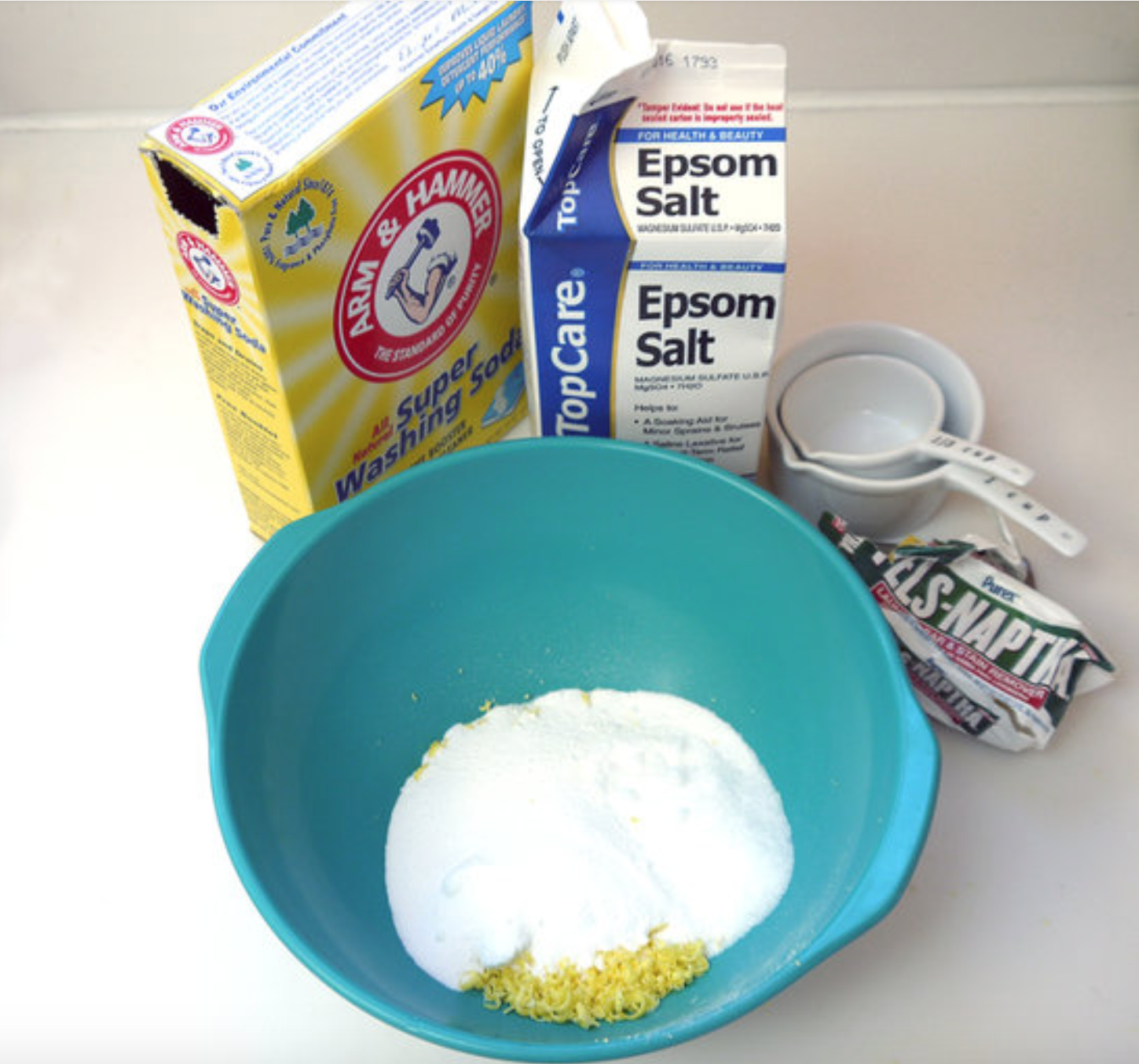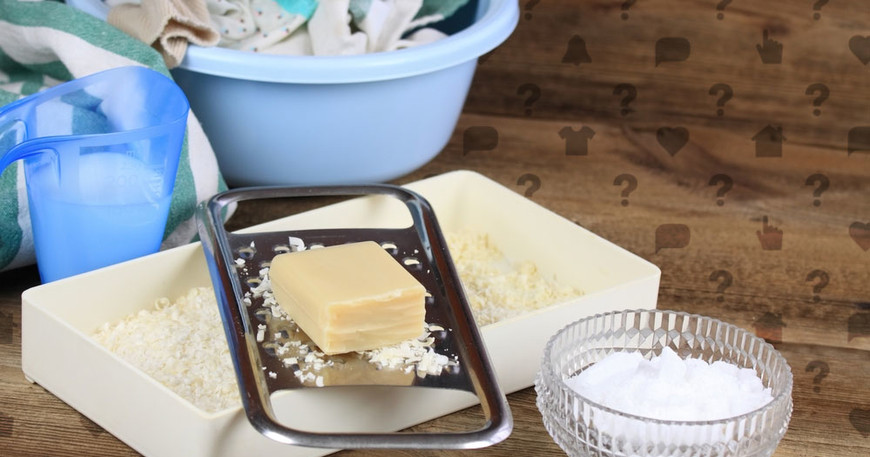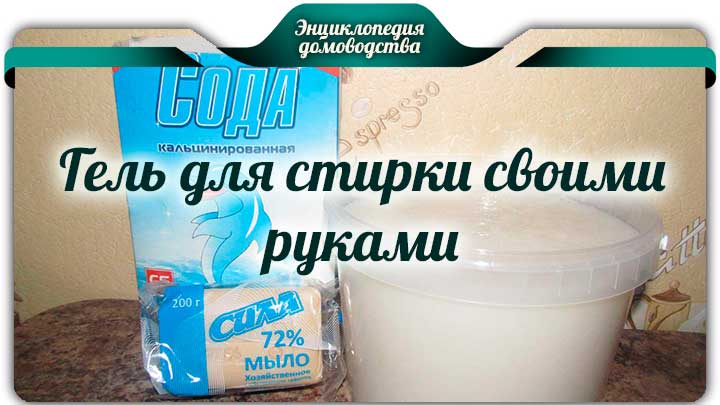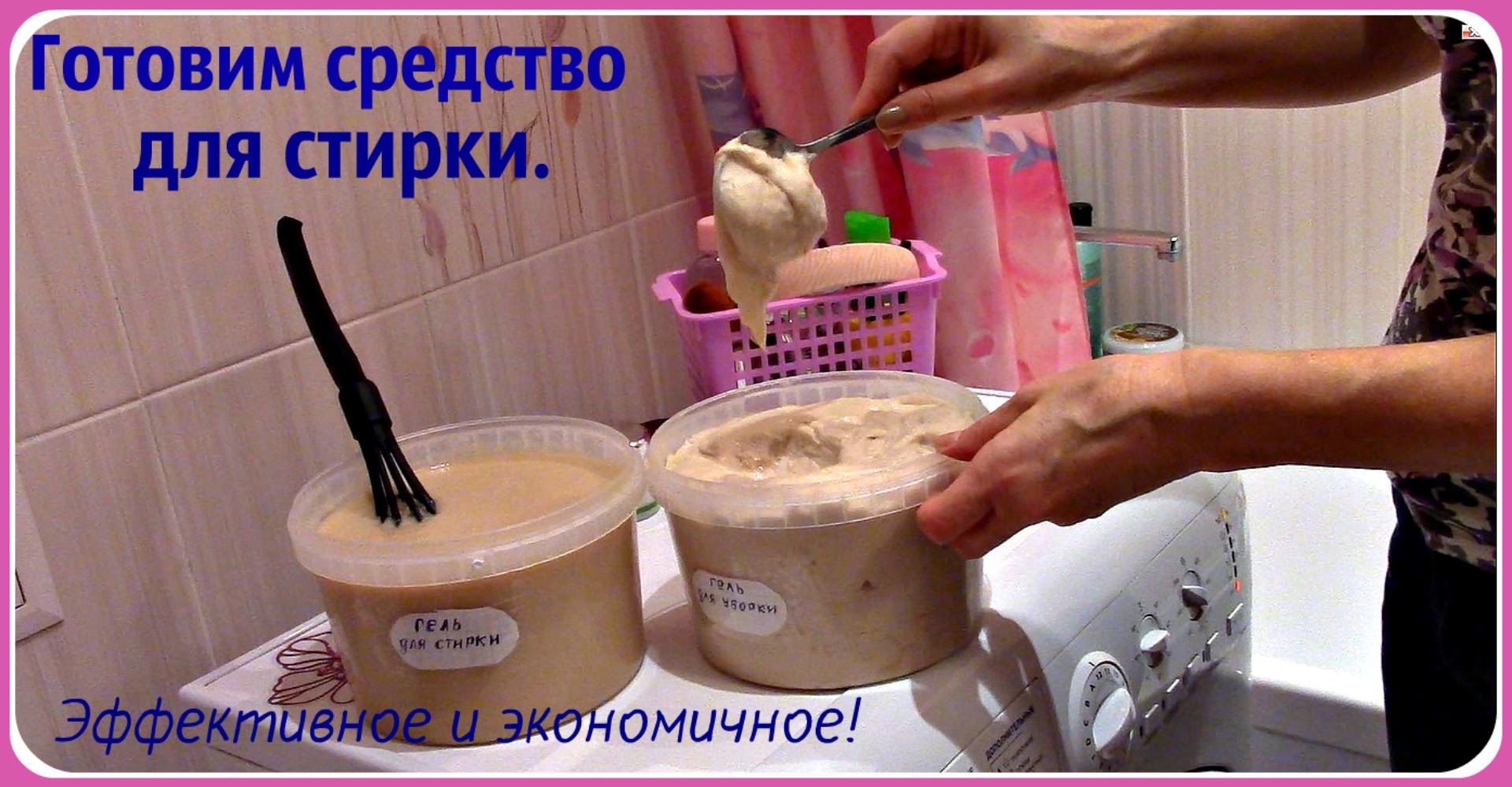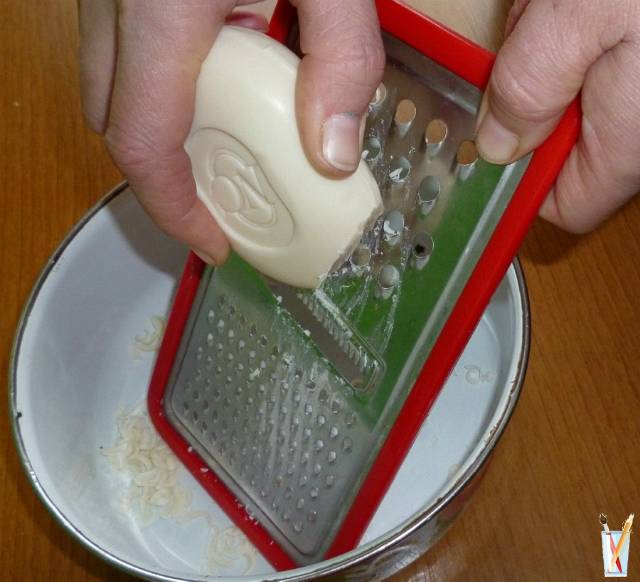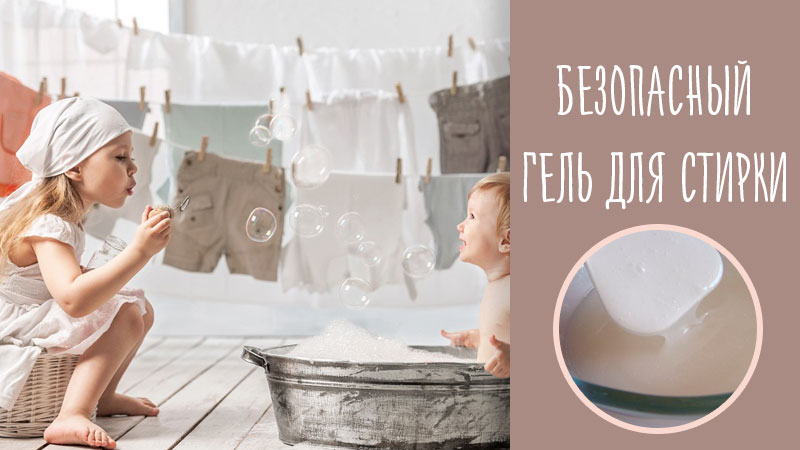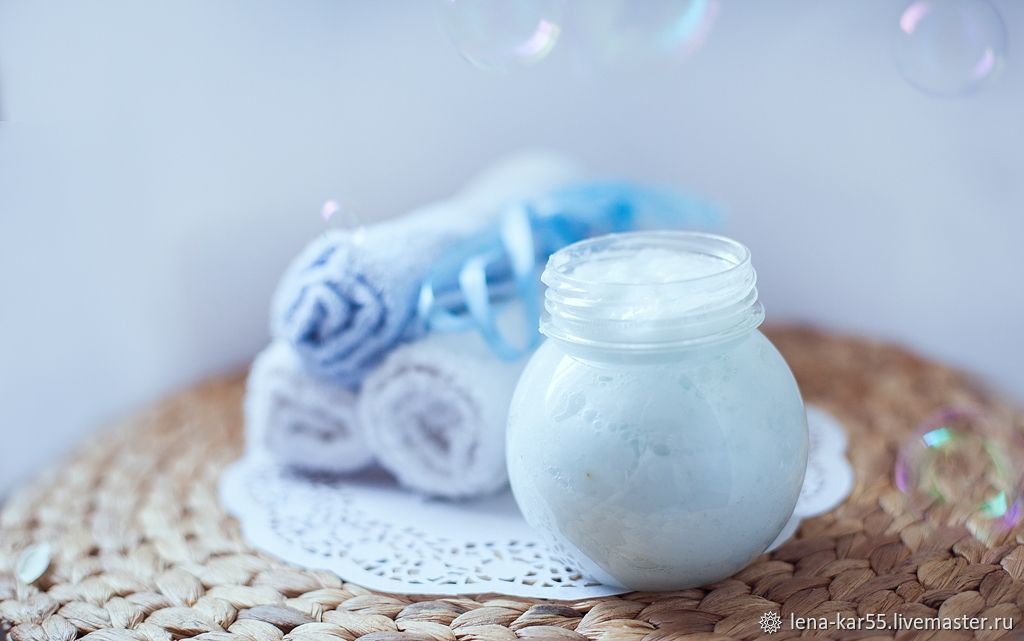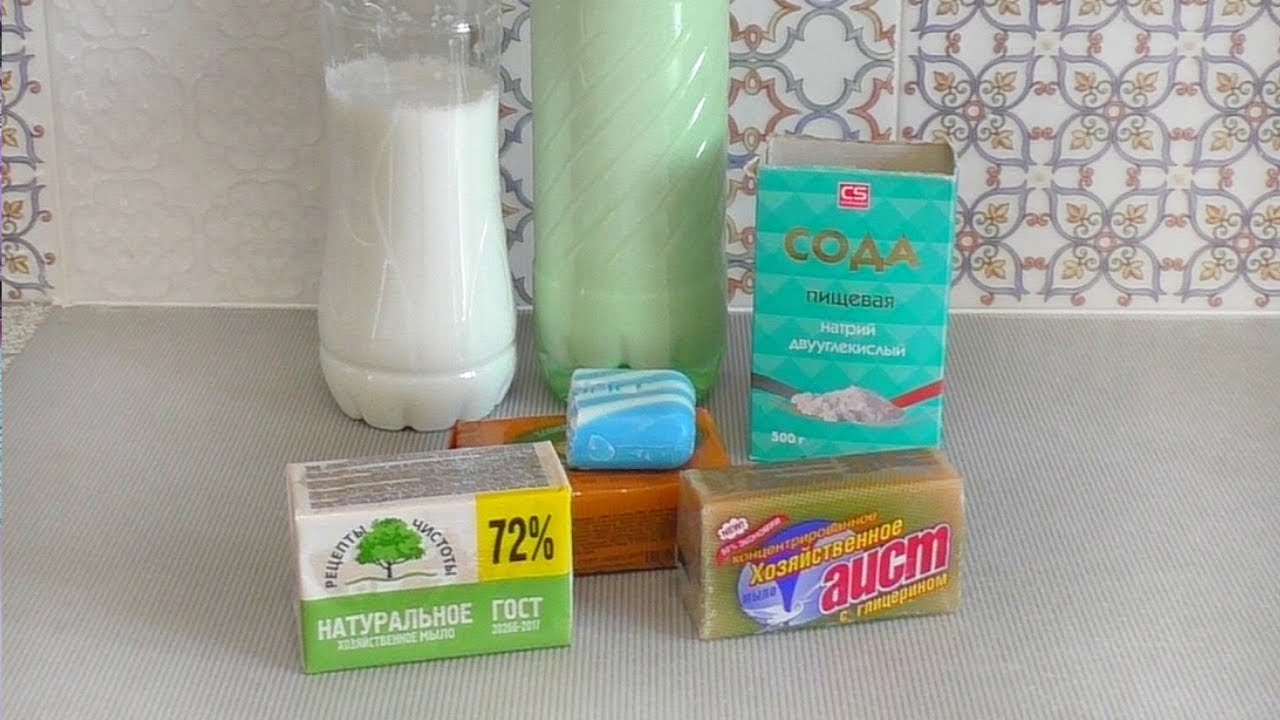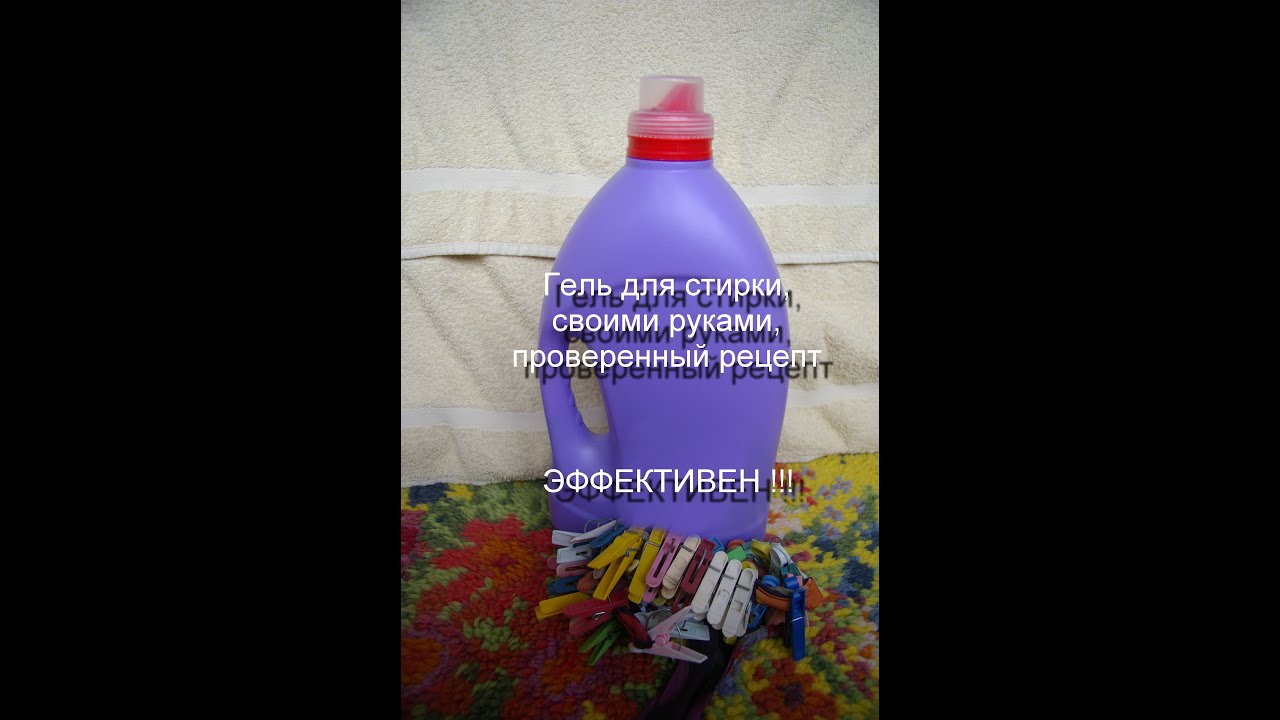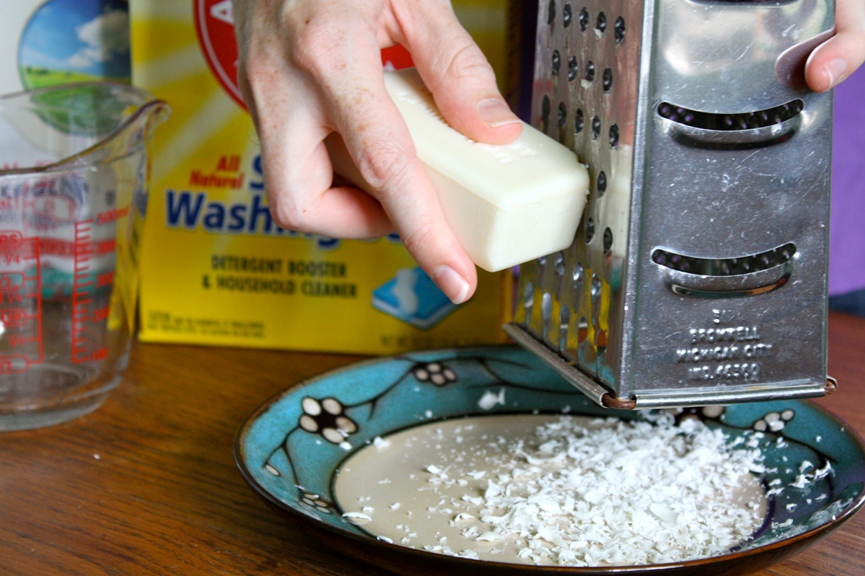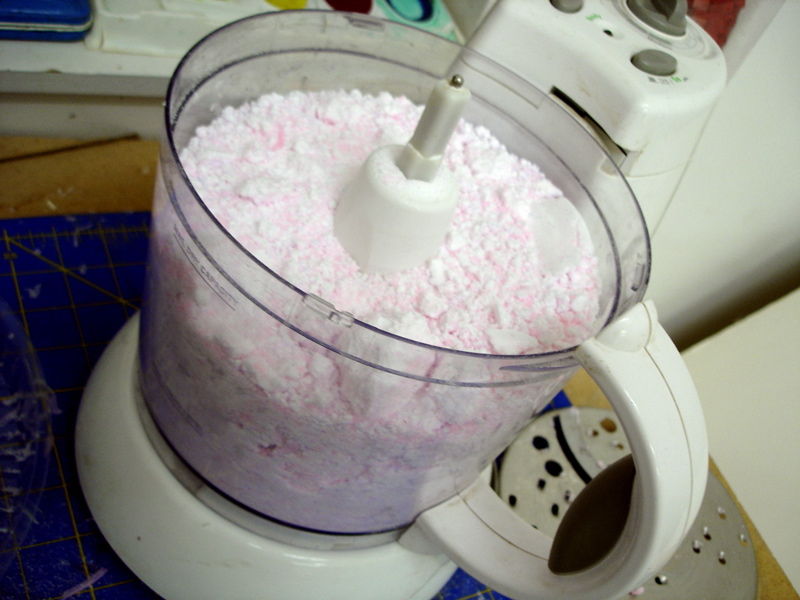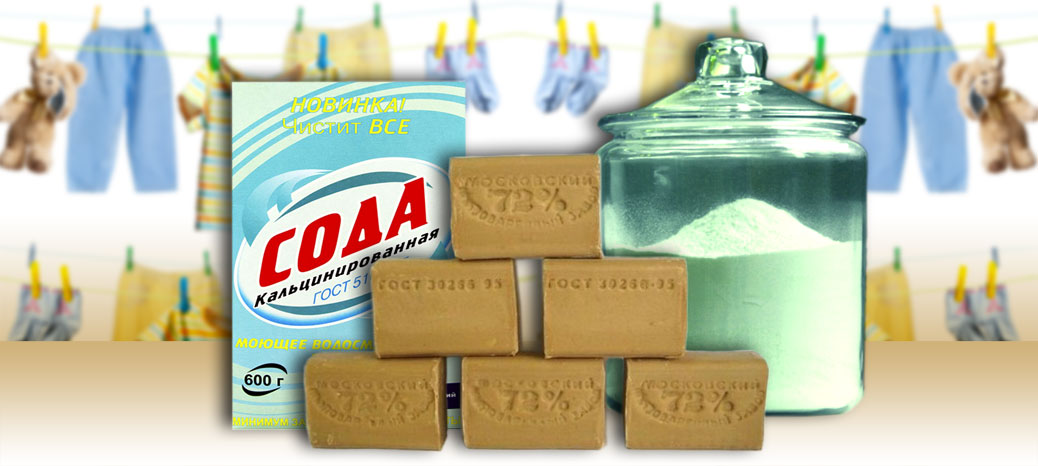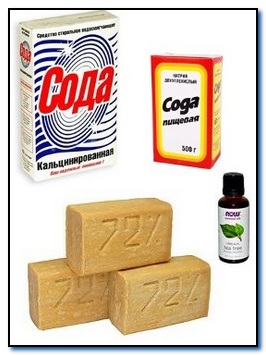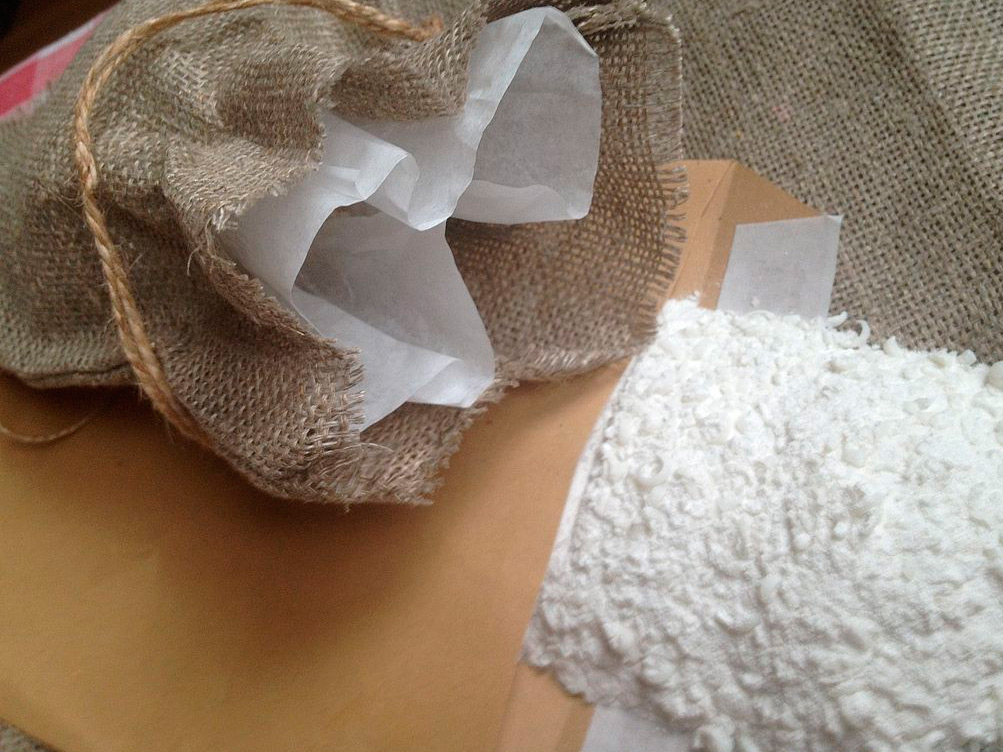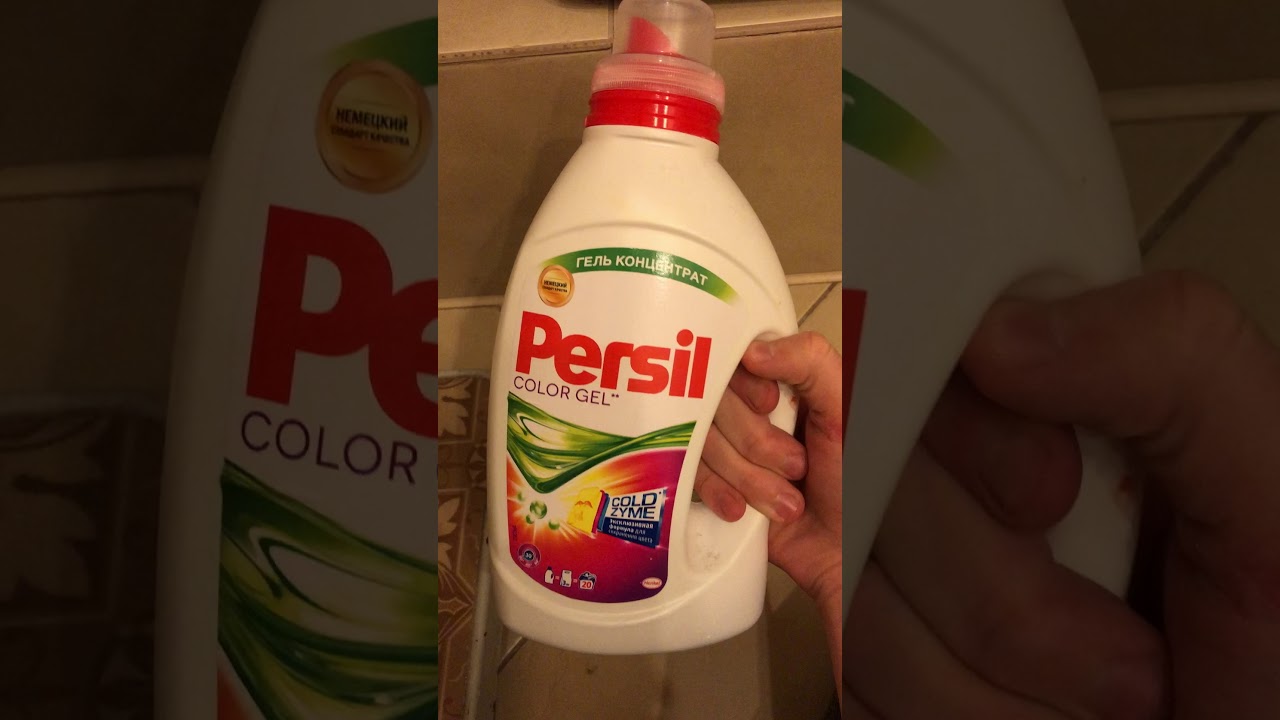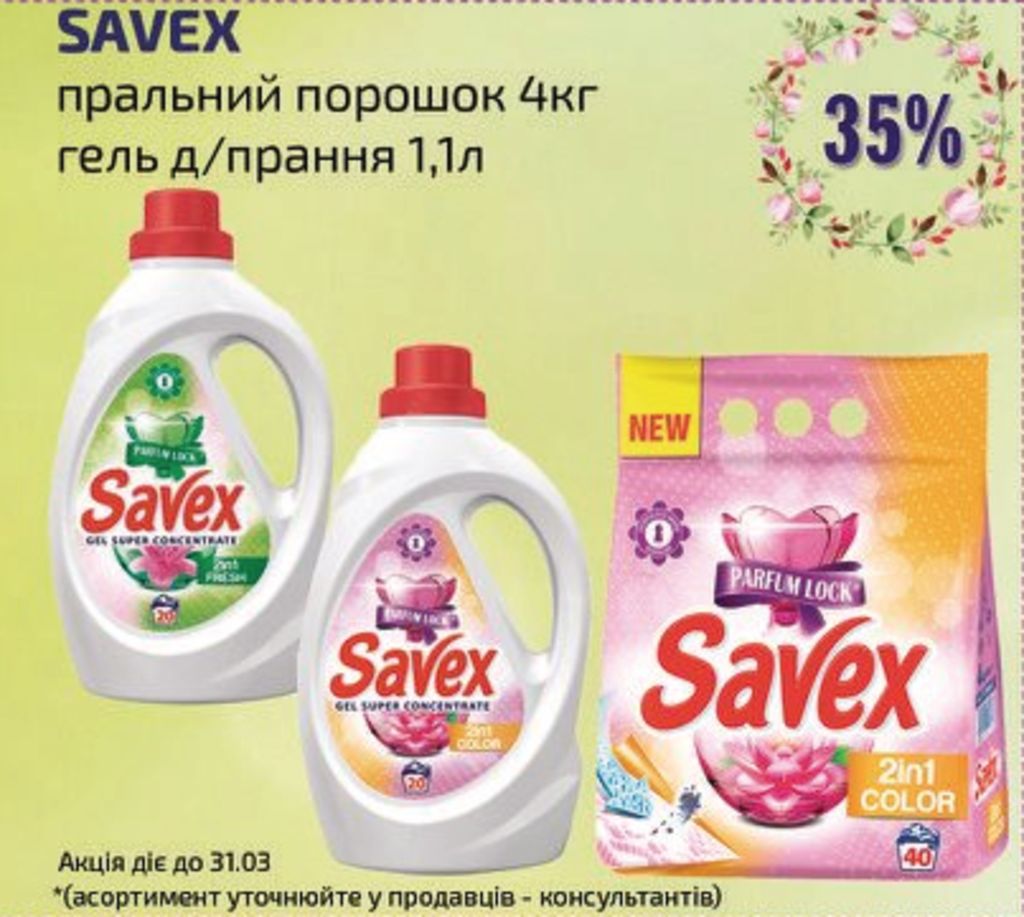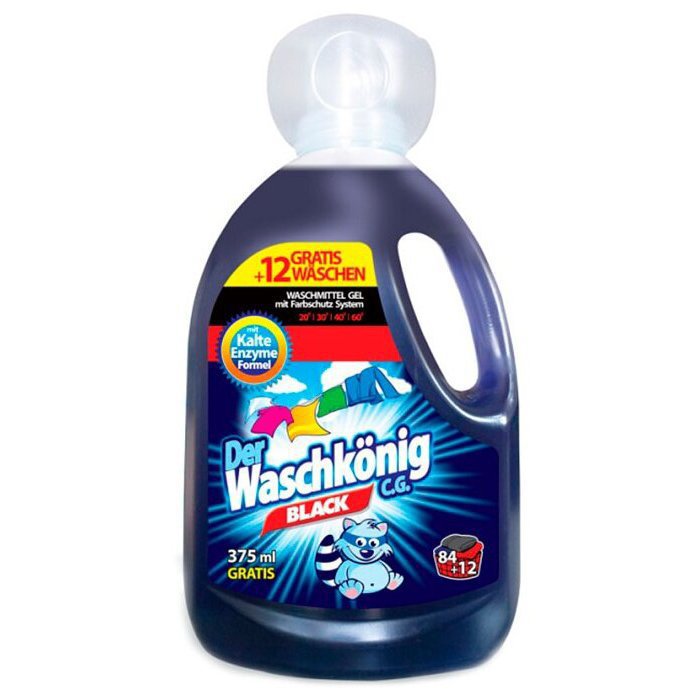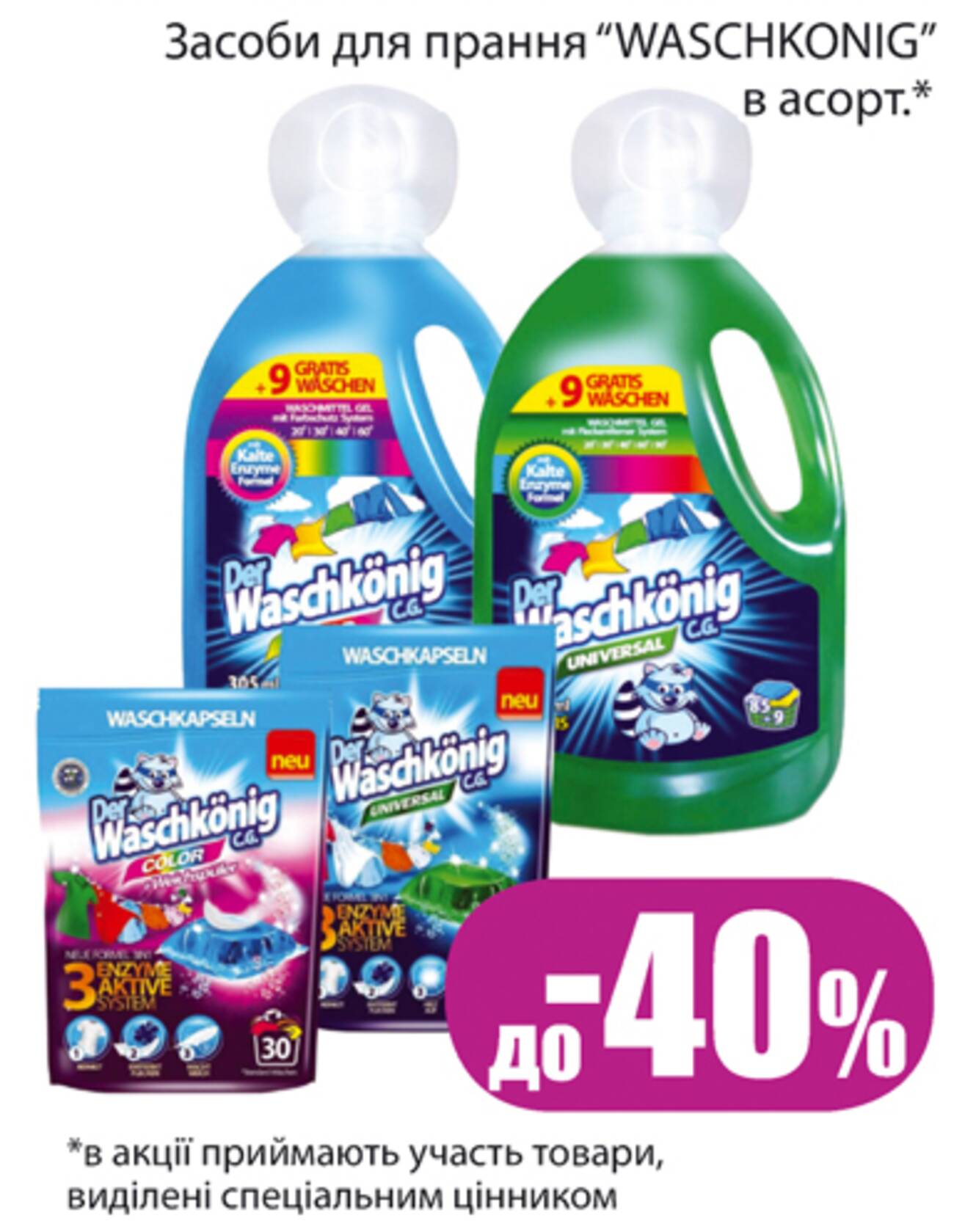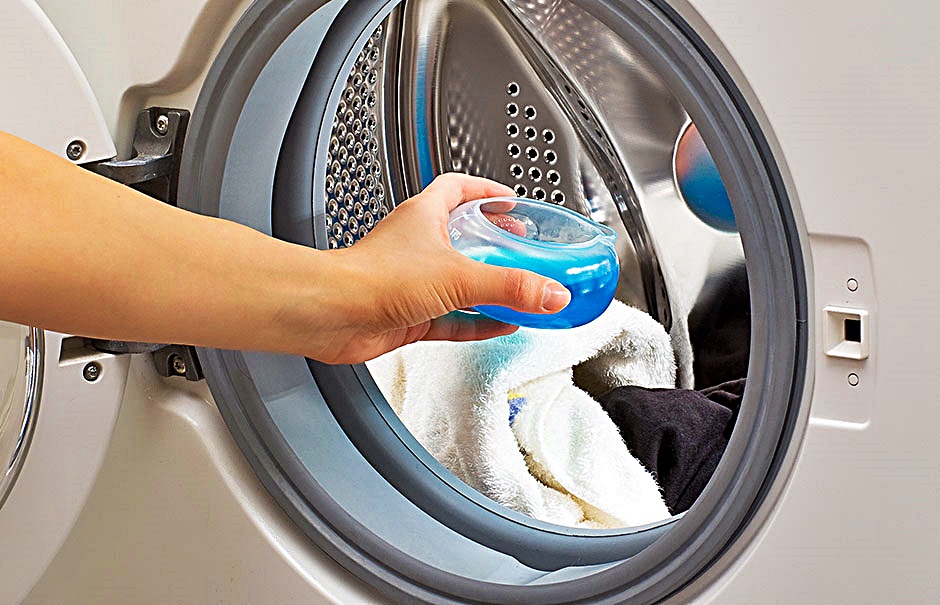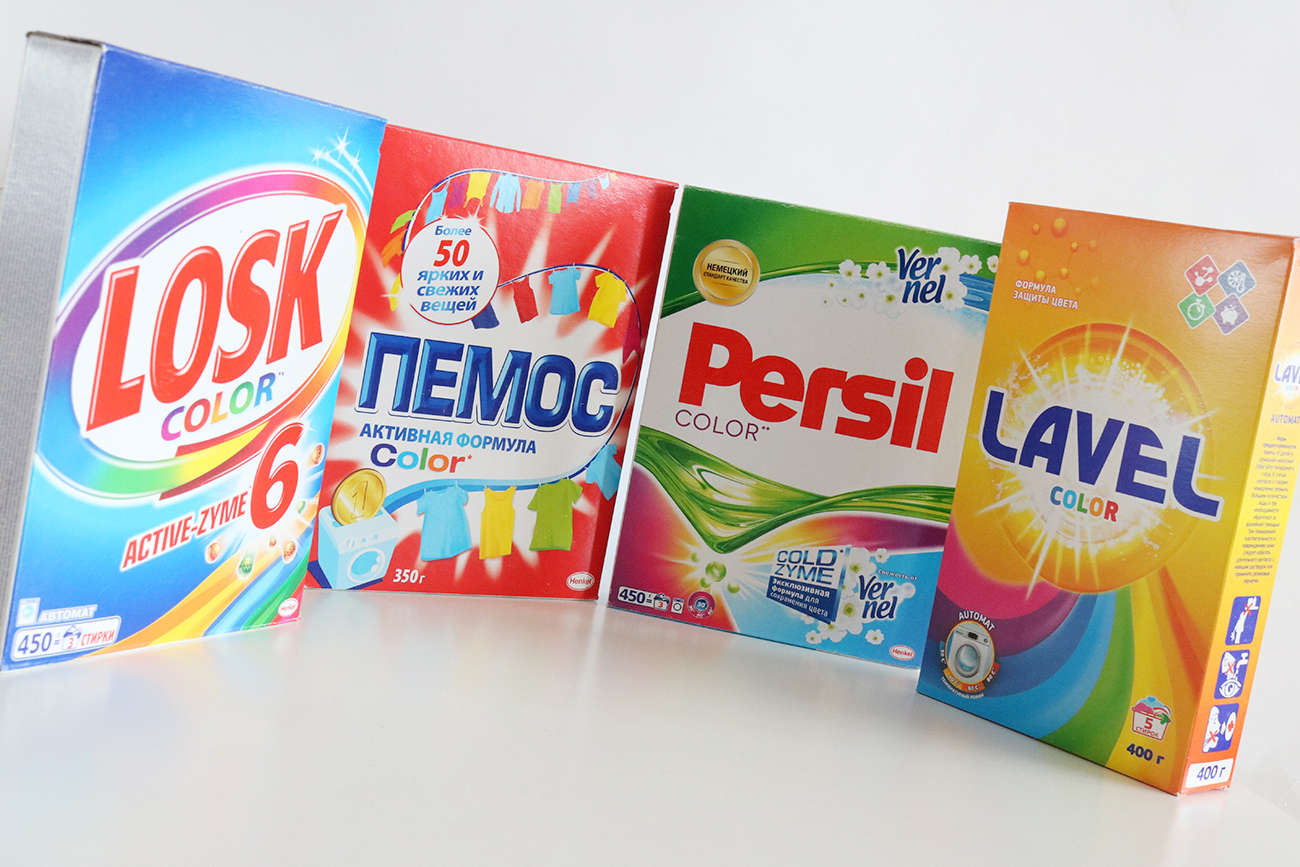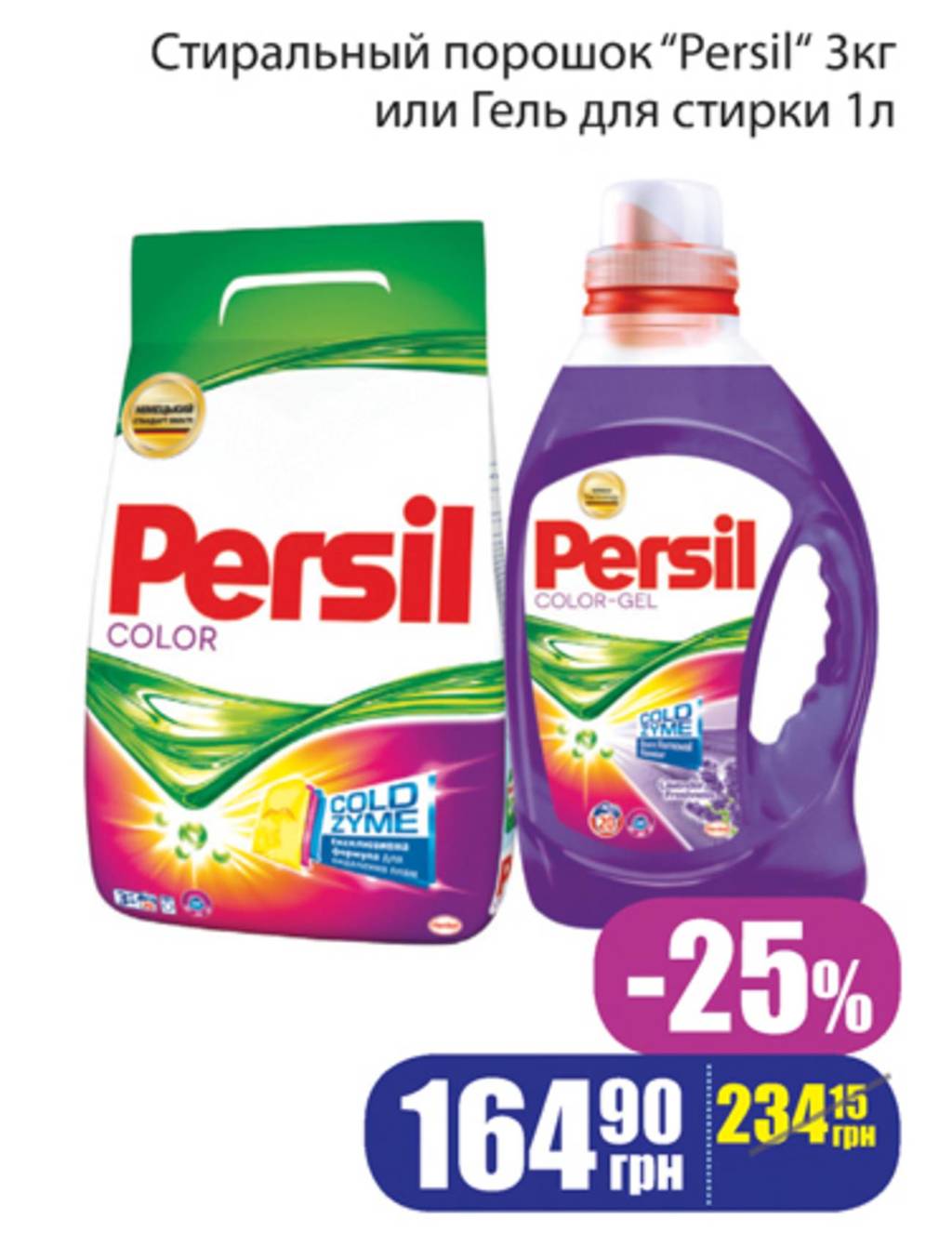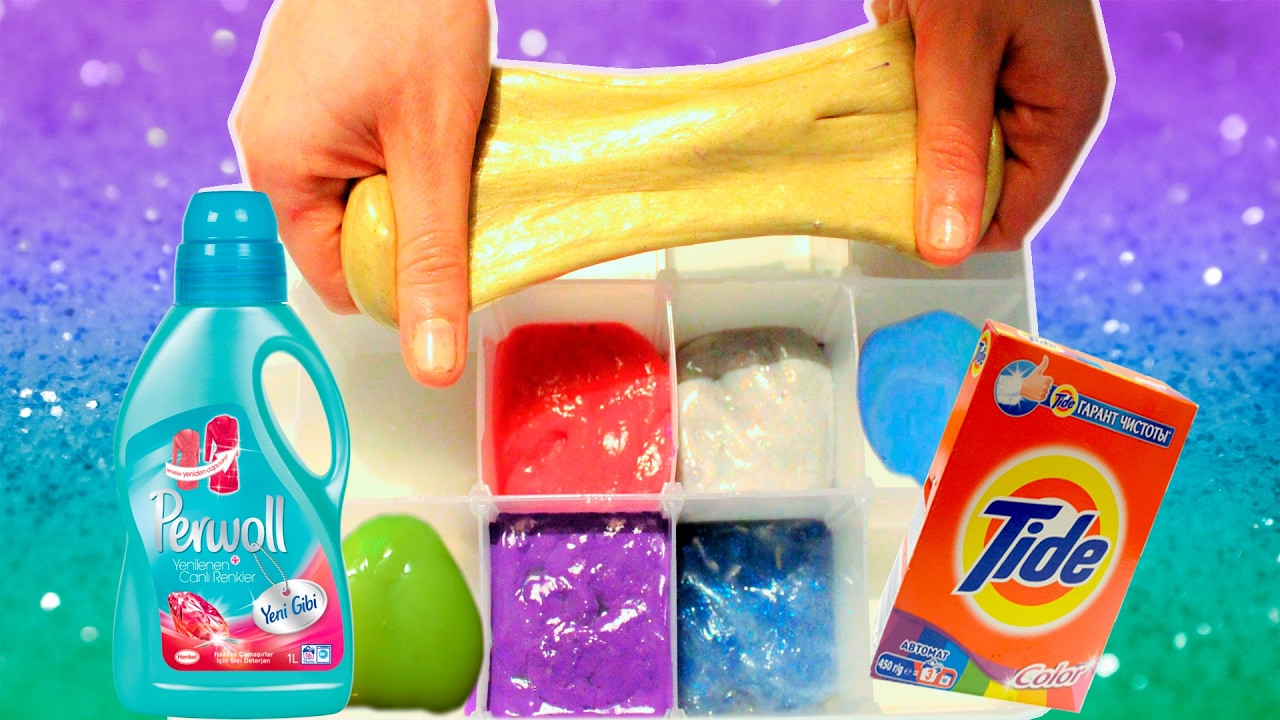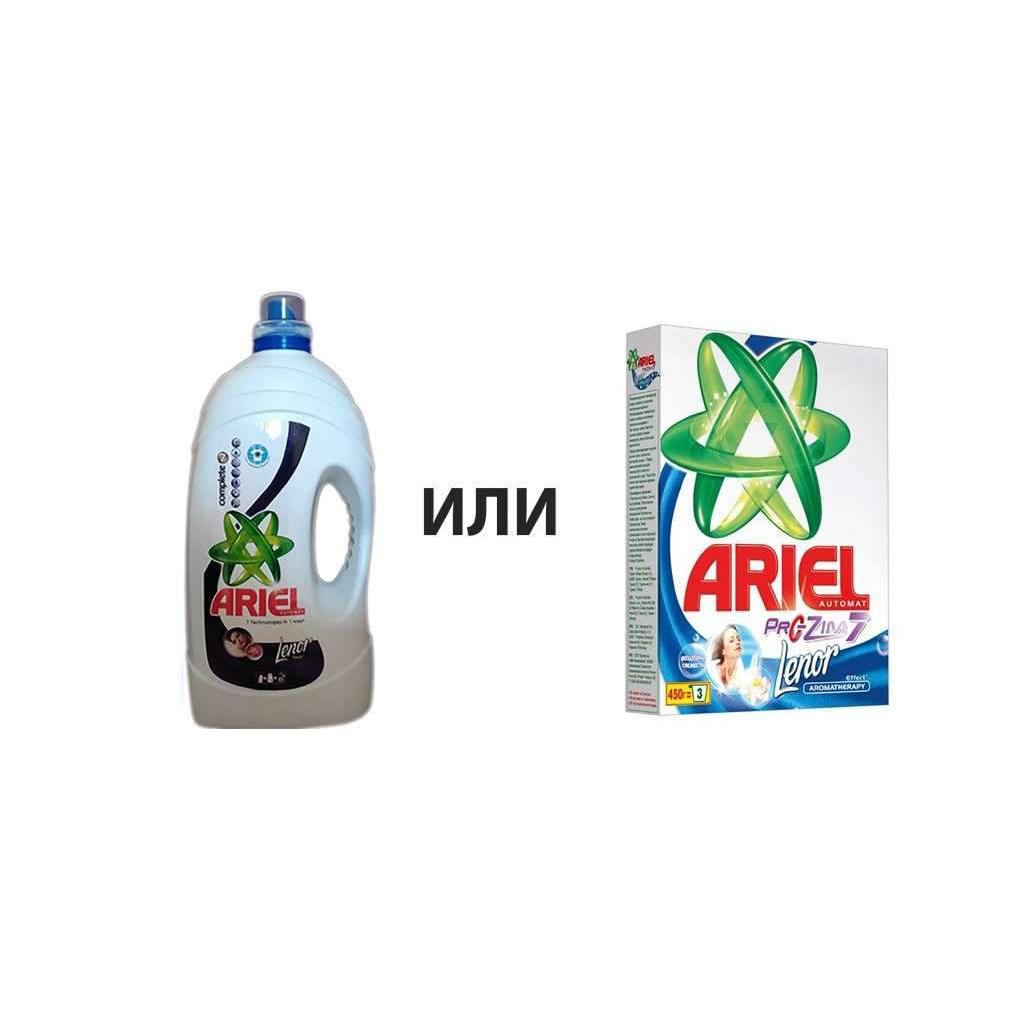Methods for making homemade powders for different types of fabric
In order to wash linen or cotton fabrics well, the product must be prepared on an alkali basis. Thus, citric acid will damage the alkaline environment and therefore should not be used for this purpose. Add salt to remove dirt and preserve the color of fabrics.
Powder for silk and wool.
These are delicate fabrics of animal origin. When processing silk or woolen fabric, an acidic or neutral environment is required. Therefore, to clean them, you should add a little citric acid to the natural powder and remove the washing soda (but the presence of baking soda is required). If the fabric may shed, then the baking soda should be replaced with salt. Thus, you can make a powder from ingredients such as soap, salt and citric acid.
Artificial fabric.
To process fabric made of artificial material, it is necessary to reduce the dosage of washing soda, while you can replace it with ordinary soda. Washing is possible in a water temperature not exceeding 40 ° С.
The easiest and most effective homemade laundry powder recipes
The meaning of making washing powder with your own hands is not only in its environmental friendliness and safety for human health. Such funds are generally universal. You can soak things in them before the main wash, use them for washing by hand and in a washing machine - an automatic machine. To everything else, applicable components have a beneficial effect on the technique. They make the water softer and do not clog filters, prevent mold and bad odor from appearing in the machine.
The versatility of home laundry products also lies in the fact that they are suitable for most types of fabrics, especially delicate ones. Indispensable when washing children's clothes, as well as clothes and linen of a sick person.
A huge bonus to everything will be considered significant savings on purchases of laundry detergents. All components of homemade powder can be purchased at any time, in the most ordinary store or pharmacy, and literally for a penny.
Soda powder
This composition is suitable for light and white clothes that are not afraid of bleaching.
You will need a fine grater, 72% laundry soap. You can even use natural baby or tar. You will also need baking soda and soda ash and, if desired, any of the aroma oils.
Take a deep container, rub a bar of soap into it on a fine grater to make about a glass of shavings. Mix it with 0.5 kg baking soda and 0.4 kg soda ash. Mix everything very well. Next, if you have one, add 5 drops of your favorite essential oil, which you can purchase at your nearest pharmacy, to the resulting mixture. Mix everything thoroughly again.
That's all the preparations. Now you just have to pour the powder into a convenient container with a tight-fitting lid, preferably a plastic one with a wide neck.
By the way, such a powder can be prepared from remnants, for this they are collected over time in a separate bag. This method is extremely economical. Grinding small remnants is more convenient in a blender.
Tip: if you are afraid of damaging the delicate skin of your hands when hand washing, protect them with gloves or use only baking soda in the detergent composition. Calcined is perfect for washing in a machine, moreover, it washes much more efficiently than food.
With the addition of vinegar
This recipe will do a great job when washing in hard water, disinfecting things and removing the unpleasant smell of sweat or mold.In addition, vinegar has a beneficial effect on the preservation of the color of matter, gives it brightness and is suitable for delicate washing, for example, silk or wool. The only "but" - use only white table vinegar.
Add half a kilo of any soda to a glass of soap shavings. Mix everything, pour in 2 tablespoons of 9% white vinegar and 5 - 8 drops of aromatic oil.
You don't need to add vinegar to the soap and soda mixture. You can pour it separately, about ¼ of a glass, into the fabric softener compartment before machine washing. Your delicate, colored items, as well as the washing machine, will only "thank" you for this.
With citric acid
The action is similar with lemon juice. In addition, the lemon scent after such a wash will remain on the laundry for a long time.
The cooking process is the same as with vinegar, only you can take one spoonful of juice and add a couple of tablespoons of salt to the composition to enhance the effect.
By the way, citric acid perfectly cleans the washing machine from limescale and scale.
With the addition of borax
Mix 1 a glass of soda ash, half a glass of baking soda, one and a half cups of shavings and a glass of borax. After thoroughly mixing all the components, if desired, add aromatic oil and mix everything again.
This powder is perfect for washing children's clothes. For more softness, we recommend using only baking soda, and use 5 drops of tea tree oil as a flavoring agent.
Do-it-yourself laundry detergent for an automatic machine
Home remedies can be roughly divided into two groups: dry, powder-like, and liquid (gel-like)
An important condition: the simpler the composition, the safer and better the result. Homemade powder base - soap (laundry or baby)
To soften the water, alkali (soda) is most often added, in some cases - acid (citric, acetic).
Effectively removes borax stains. The component is not capable of causing any harm to the machine. Vinegar makes things soft, it has an antistatic effect, but it cannot be poured into a "machine" in its pure form - only as part of special pastes and gels. Citric acid is less dangerous for technology. Salt is famous for its excellent cleansing effect, but it will have to be rinsed out more thoroughly.
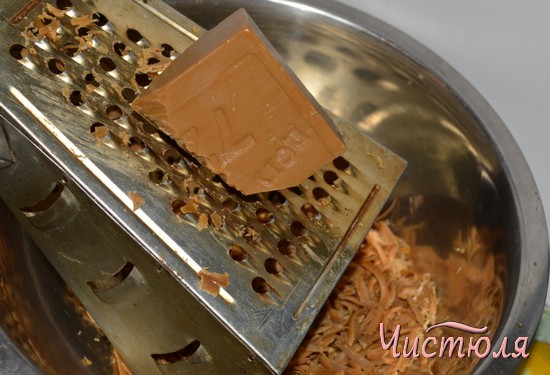
Where to begin? Of course - from a simple one!
Recipe "It couldn't be easier" from 3 components
You will need four large bars of laundry soap, a 400g box of soda ash, and any essential oil for the scent.
The first step is to grind the soap into a thin "lace" and knead it with a wooden crush. Then add soda ash to the resulting grits, mix thoroughly. Add a little bit of rose oil (tea tree, lavender, etc.). Grind again. Use as usual powder for automatic machines.
Silk detergent
If you plan to wash silk items (such as expensive bedding), you can add softness and freshen up the color with another homemade powder.
Mix 150 g of dusty laundry soap. Add two full cups of table salt (fine, no additives) and 3 tablespoons of crystallized citric acid. Push, pour into a dry jar, where during storage there will be no moisture access.
Powder with coconut soap, brown and soda
You need to take half a glass of washing (technical) soda and borax, plus 70 g of coconut soap (crushed into shavings). Mixing is best done in a blender.
Backfill question: where to get coconut soap? You can also make it in your own kitchen. You will need coconut oil (alternatively, pork fat) and alkali - an approximate ratio of 5 to 1. You also need distilled water (2 to 1 ratio with alkali).
We combine water and alkali - in this case, a violent reaction is possible with the release of a large amount of heat (we take care of our hands, eyes and respiratory organs!).Let it cool, put the coconut oil in a container - mix everything with a blender until it becomes viscous homogeneity. The semi-finished product should be quickly poured into molds and set aside for thickening for about 12 hours.
Five-way recipe
Ingredients (in equal proportions):
• soap (any!) - crushed on a grater;
• washing soda (powder booster) - sold in hardware stores;
• borax (boric salt);
• baking soda;
• plus - 10-15 drops of essential oils (citrus, tea tree, mint).
Mix and grind again (wipe or beat in a blender).
Liquid gel for washing
Liquid powder is not much more difficult to make. First you have to rub a large bar of soap, pour it into a saucepan and add one and a half liters of water. Put on fire and heat, stirring vigorously, until the soap shavings dissolve. Then add half a glass of borax and a glass of soda ash. Continue cooking over low heat. As soon as the mass begins to thicken and, as it were, increase in size, remove it from the stove.
Transfer the soap concentrate to a bucket. Slowly add warm water and stir. As a result, you should get about 5 liters of detergent solution. Add essential oils last (optional). Pour into resealable bottles and jars. A glass of gel is required for one wash.
Washing powder for colored fabrics
Mix one glass of grated laundry soap, baking soda and technical (washing) soda. Pour in two tablespoons full of 9% vinegar. Stir. Such a tool effectively softens the fabric and refreshes the color, but the laundry will have a sour smell after washing. To interrupt it, add essential oils to the rinse water - preferably citrus or lavender.
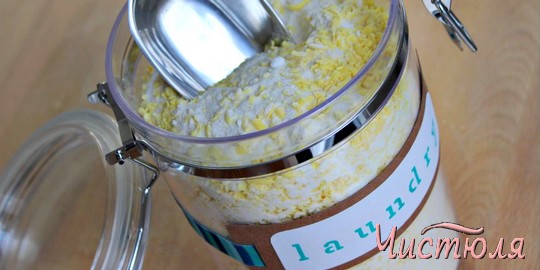
Can you make the powder at home?
Powders are produced at large chemical plants using a special, complex and, as a rule, secret technology. But why, then, such powders often do poorly with various kinds of dirt, and housewives have to soak and wash things before washing in the washing machine. It turns out that not only will you give money for a pack of dubious powder for an automatic machine, but you will also spend time and energy on preliminary washing and soaking.
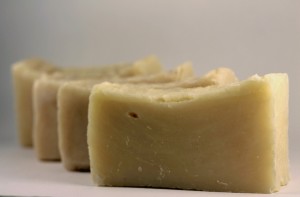 You can certainly buy an even more expensive branded powder, and rely on its quality, but this measure will further strain the family's budget, and not everyone can afford it. Homemade liquid powder can be a way out of the situation. And its quality will be no worse than those liquid detergents that can be found on the shelves of household shopping centers.
You can certainly buy an even more expensive branded powder, and rely on its quality, but this measure will further strain the family's budget, and not everyone can afford it. Homemade liquid powder can be a way out of the situation. And its quality will be no worse than those liquid detergents that can be found on the shelves of household shopping centers.
Looking ahead, we note that the cost of homemade powder will differ from the store one not even tens, hundreds of times. It is very profitable to do it. By the way, in the well-fed west, where even poor people receive relatively decent financial support, making homemade laundry detergents is a common thing. Let's look at specific recipes for such funds.
Recipes that really work
Recently, a lot of recipes for preparing home remedies for washing things have appeared on the Internet. Some, judging by the ingredients, seem to be quite normal, others are an outright invention of unscrupulous authors of articles, but there are practically no means proven by real practice. Where does the hostess get useful information from? Within the framework of this paragraph, we will give examples of only 100% correct recipes that have been tested by specialists. And which have a lot of positive consumer reviews.
The first recipe we'll look at will be called homemade laundry gel. This home laundry detergent has worked well.It has been compared with washing powders such as Persil, Tide, Losk, Ushasty nanny, and tests have shown that it copes with dirt no worse, and in some cases even better than these powders. Here are the ingredients for homemade laundry gel.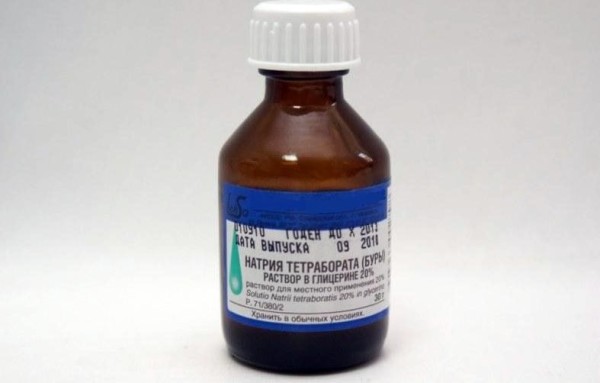
- Inexpensive bar soap with minimal fragrances. Soap will need about 150-200 g. Of course, now it is difficult to find soap with a small amount of fragrances, but still you can. If you're lucky enough to find a fragrance-free soap, this is the perfect ingredient for a product.
- Borax in the form of a solution or powder. Borax is more difficult to buy than soap, but in any pharmacy it is available in 30 ml bottles. True, we need about 4 such vials (120 ml), it is quite expensive. Therefore, experts advise buying this substance in a pharmacy for the first time, and if you like the recipe, then ordering a powder borax in an online store to prepare homemade powder in the future will be very cheap.
- Soda. Soda ash is recognized as the best for our recipe, but if it is not at hand, you can use regular baking soda (only 1 tablespoon is needed). Although, if you are going to prepare a laundry detergent with your own hands all the time, it is better to order a calcined one, it is cheaper and better than food.
- Boiled water. For our purposes, you will need about 5 cups of boiling water, but if you want to make the gel thinner, you can add more water. In fact, there is no difference.
This is one of the easiest recipes. There are also more perfect versions of the above recipe, when the homemade gel not only washes things, but also refreshes them. In general, in order for the homemade gel to be suitable for washing in an automatic washing machine, you need to add a baking powder to the indicated ingredients (bakers use it to make dough). It will soften the water, protecting important parts of the washing machine from limescale deposits and making washing more efficient.
To make freshly washed items smell pleasant, add 10-15 drops of essential oil to your homemade washing gel. What kind of oil is up to you, because there are no comrades for taste and color!
Benefits of homemade powders
- Firstly, this is a significant savings in money, since homemade powders are prepared almost from improvised means. It is hardly possible to do without powder, since it is often required on the farm, which is why its reserves are consumed at a high rate. Expensive powders are far from affordable for everyone, and cheap ones have established themselves in the eyes of consumers as low-quality products containing phosphate elements - components that increase the powder's ability to wash off dirt.
- Also, it is a product made from natural and practically harmless ingredients. Such ingredients can be found in the kitchen of many housewives.
- Ordinary powder, which can be purchased in stores and supermarkets, is often prepared on the basis of harsh chemicals (in particular, phosphates) that not only remain on clothes, but also enter our body through the skin and through the respiratory tract. Thus, these components can cause allergies and a variety of unpleasant diseases (for example, kidney and liver disease). Using natural powders, you take care of the state of the world around you and the health of your family.
- Household laundry products are completely sustainable. But this is far from their only useful quality. They are ways to soften the texture of the fabric, as well as to remove stains from it.
- You can rest assured that the homemade powder is safe. Also, if you smell the clothes after washing with this product, you will understand that it has no smell. This is true for those who suffer from allergies or simply do not like the chemical smells of ordinary powders.
Natural homemade laundry recipes
There are several ways to make a natural laundry detergent, and the ingredients are not very different.
Dry powders
To prepare a free-flowing powder for washing cotton and linen fabrics, you will need:
- laundry soap (72%) - 150 g;
- baking soda - 500 g;
- soda ash - 400 g;
- salt - 2 tbsp. l.
Add a few drops of essential oil to add flavor to your garments.
It is advisable to use natural dark soap for the preparation of washing powder
Lightly dry the laundry soap and grind on a grater, then add the rest of the ingredients to it and mix thoroughly. Add the essential oil at the very end, and then stir the mixture again.
To use the powder in an automatic machine, the soap must be rubbed finely, otherwise its grains may remain on the clothes.
Such a powder not only copes well with stains, but also preserves the color of things.
The ingredients are mixed by hand or using a blender
To wash silk or wool clothes, use the following recipe:
- laundry soap - 150 g;
- salt - 500 g;
- citric acid - 3 tbsp. l.
Citric acid provides favorable conditions for washing wool and silk, and also gives freshness to clothes
You can substitute baking soda for salt, but this recipe is not suitable for colored fabrics. The cooking process does not differ from the previous one: grind the soap on a grater, add salt, citric acid, mix the powder thoroughly and use it as directed.
Salt during washing retains color, does not allow things to fade
To wash clothes made of artificial fabrics, prepare the following powder:
- laundry soap - 150 g;
- baking soda - 700 g;
- soda ash - 200 g.
Grind the laundry soap on a grater, mix it with the rest of the ingredients.
Most of the soda ash is replaced by baking soda in a detergent for fabrics made from man-made fibers.
For children's clothes, a washing powder prepared according to this recipe is suitable:
- laundry soap - 150 g;
- baking soda - 500 g;
- borax - 200 g;
- tea tree essential oil - 5-7 drops.
Grind the laundry soap on a grater, add baking soda and borax, mix thoroughly. Add essential oil at the end.
Borax (sodium tetraborate) has antifungal and antibacterial effect, perfect for washing children's clothes
You can use dry mustard as a washing powder - it is suitable for use in automatic machines, removes dirt and makes clothes fresh. If you need to remove stubborn stains, first apply mustard to it and then add 50g to the machine.
Liquid Powder
To make a liquid laundry detergent, you need the following ingredients:
- laundry soap - 1 piece;
- water - 20 liters;
- borax - 0.5 cups;
- soda ash - 1 glass;
- essential oil - 30 drops.
Grate the laundry soap and transfer to a saucepan, then add enough water to completely cover the shavings. Place a saucepan over medium heat and cook until smooth. Fill a bucket halfway with boiling water, add borax, soda and dissolved soap to it. Stir all the ingredients, fill the remaining bucket with water, cover and leave overnight. When the liquid powder has cooled, you can add essential oil to it.
Immediately after cooling, the liquid product must be poured into containers, tightly closed with lids and placed in a cold place.
Harm from household chemicals from the store
Manufacturers of washing powders claim that the harmful substances contained in their products are not dangerous to humans, since they are used in minimal quantities. However, during washing, harmful components combine with other ingredients of the product, which poses a considerable threat to health.
Staying on clothes, hazardous substances that are part of washing powders penetrate the skin and suppress the immune system
The main hazardous components contained in washing powder are surfactants and phosphates, and even after 10 rinses in hot water, these substances still remain on the fibers of the clothes. Surfactants are easily absorbed by the skin and can cause allergies. Phosphates are toxic and have a bad effect on the activity of the liver and kidneys, increase the negative effects of surfactants, and cause dermatoses and allergies. In addition to these harmful substances, the detergent contains other components that are no less destructive for the human body. These include formaldehydes, optical brighteners, ammonium and others.
Homemade Laundry Recipes
There are several ways to make your own laundry detergent. Its composition depends on the type of washing and the type of fabric being processed. Any powder is made from soap and soda. To begin with, it is recommended to prepare a small amount of the product, sufficient for one wash. It should be noted that small inaccuracies in the ratio of the components will not particularly affect the quality of the wash. But everything is desirable to adhere to the recommended proportions.
Hand wash
No matter how hard the housewives try, sometimes you still have to wash the laundry by hand. Either you just need to refresh the thing and wash it with your hands faster, then the fabric is very delicate, then the color palette does not allow you to load everything into the machine together. I do not want to use an expensive automatic powder for these purposes, and due to its low foaming, it is not always convenient to work with it manually. Then you need to spend money on the purchase of also means for hand washing. But this is not necessary, because it is easy to prepare it yourself. For this you will need:
- solid soap - 300 g;
- baking soda - 0.5 tbsp.;
- soda ash - 1 tbsp.;
- borax - 250 g;
- essential extract (oil) - 8-12 drops.
The last two components can be omitted from the powder. The required amount of soap is rubbed on the finest grater, combined with the rest of the ingredients and dried. All is ready! The mixture can then be poured into a hermetically sealed storage container. Like any powder, the product must first be diluted in hot water until it is completely dissolved, and only then immerse the laundry in the solution. The powder contains soda ash, therefore it is strongly recommended not to wash without gloves.
Liquid gel
Liquid gel for hand washing can be prepared from the same components. The advantage here is that there is no need to waste time dissolving it in water. Simply pour the required amount of gel into the hot water and stir. The gel is prepared like this:
- Grated soap is poured into a heat-resistant container and a liter of warm water is poured.
- Heat the mixture over low heat, avoiding boiling. Stir the liquid.
- When the soap dissolves, add soda and borax. Stir the mixture thoroughly. If it is too thick, you will need to add a little water.
- It is necessary to wait until the borax is completely dissolved and remove the finished gel from the heat.
- Once it has cooled slightly, you can add an ester supplement (optional).
The cooled gel is poured into a convenient container, it is possible with a dispenser.
Machine washable
Homemade powder can be used for machine washing in both automatic and semi-automatic modes. Both of the above recipes are suitable for this. But it is better to completely replace soda ash with baking soda. Moreover, in the case of using a powder agent, it is recommended to pre-dissolve it in a small amount of water. The resulting solution can be placed in the detergent drawer or simply poured over the clothes in the tub.
But, despite such precautions, over time, the tubes in the machine can become clogged with soapy deposits.Therefore, it is not recommended to use constantly powders based on any soap shavings.
It is proposed to try the effectiveness of a remedy with the following simplest composition:
- a glass of borax;
- a glass of baking soda.
Additionally, you can add the same amount of table salt and half the volume of wine vinegar. You need to use such a powder in the temperature range of 40-60 degrees. But even such a product should not be used too often for machine washing.
Making homemade powder is easy. This will create a safe and effective remedy. But it must be used wisely. Only in this case it will be possible to achieve high quality washing at minimal cost.
How to use homemade powder
The resulting mixture is stored in a cool dark place in a plastic or glass container. Be sure to close the lid tightly. Before washing, take 30-40 grams of powder for two kilograms of laundry. The product is poured into a glass and poured with hot water to the brim. Stir the ingredients and pour into the powder compartment.
If the soap is too coarse, add the soap directly to the laundry in the drum. To do this, pour the powder into cheesecloth, laid in two layers. Tie on a loose knot and place in the drum with the clothes. It is advisable to wash at a temperature of 40-60 degrees. In hotter or colder water, the ingredients may not work.
Add wine vinegar to the fabric softener drawer for rinsing. It will soften water and fabrics, leaving things soft and fresh scent. Pour 40 grams of vinegar per two kilograms of laundry.
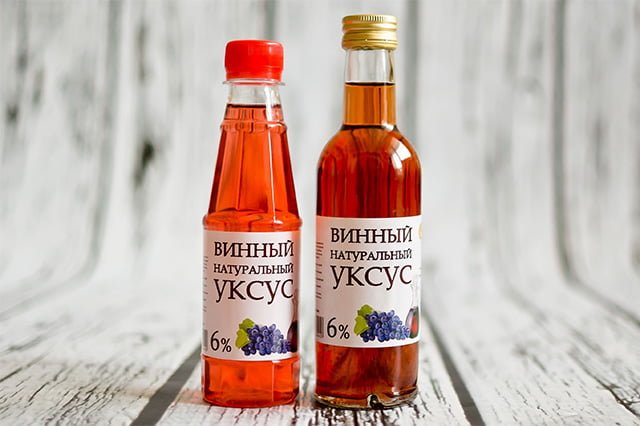
Note that experts do not recommend using only homemade powders, since such formulations do not cope with washing completely and often cannot remove stubborn old stains or serious dirt. In addition, they are not suitable for shedding clothing and are not always effective for colored fabrics.
Necessary precautions
Self-created washing powder must be hypoallergenic - this is why most housewives make it. However, the "production" process can be inconvenient. The smallest particles of ingredients (for example, soda), when mixed, can enter the respiratory tract, causing a sore throat, irritation of the trachea, and bronchospasm. To avoid this, it is necessary to cover your mouth and nose with a medical mask during work.
The negative consequences of using vinegar can be even stronger - up to and including getting a chemical burn. When working with acids (in particular, when they are combined with alkaline components), you must protect yourself with a respirator. It is imperative to use medical gloves. It is also advisable to cover your eyes with special glasses that fit tightly to the skin of the face.

